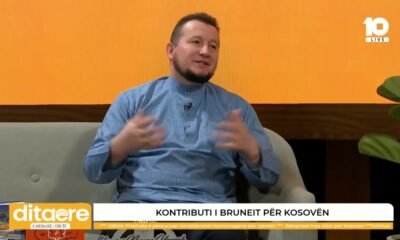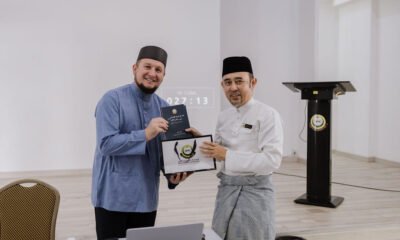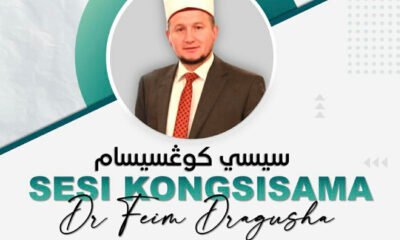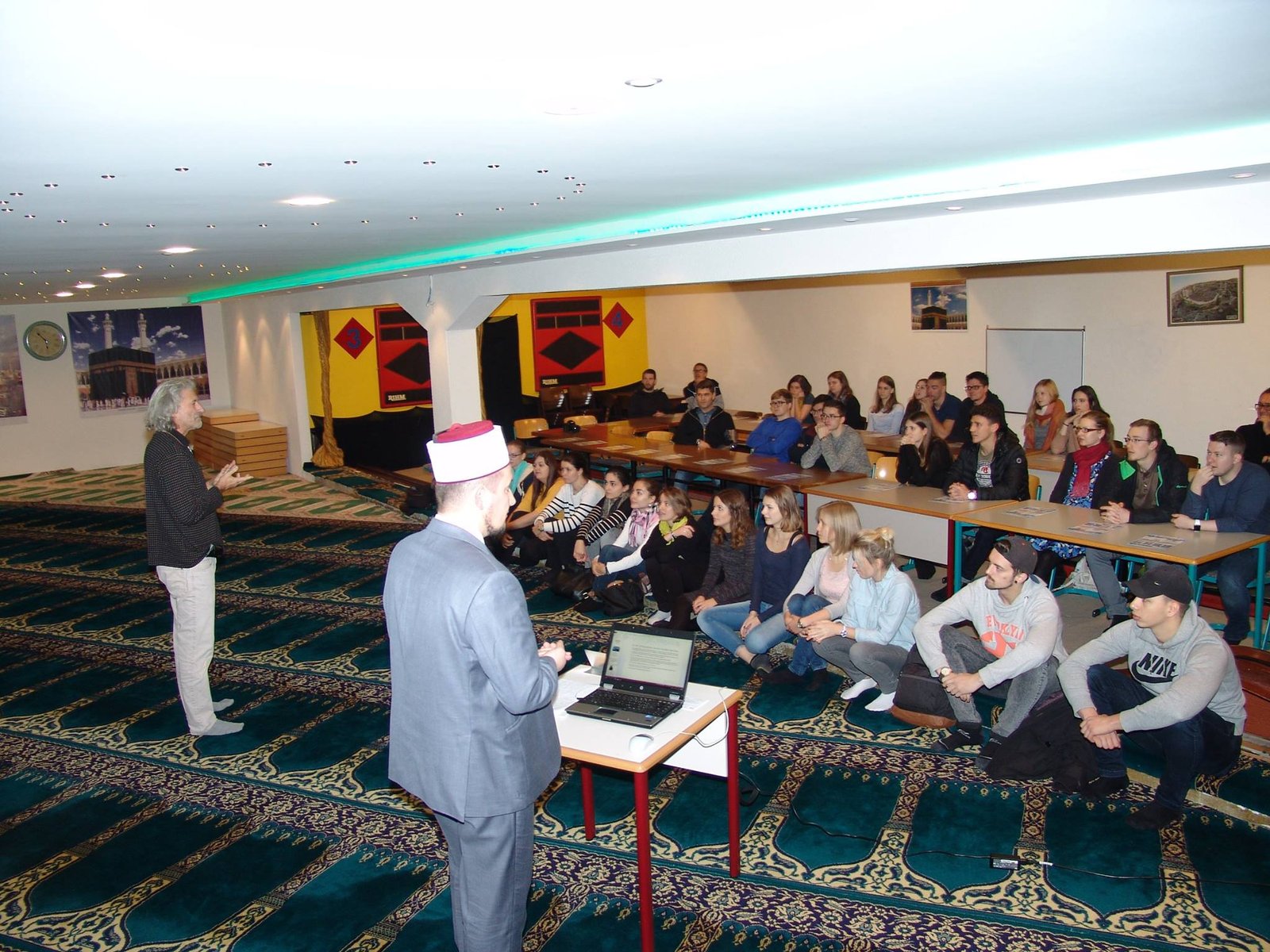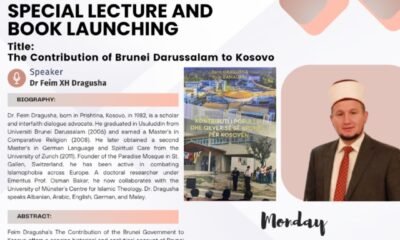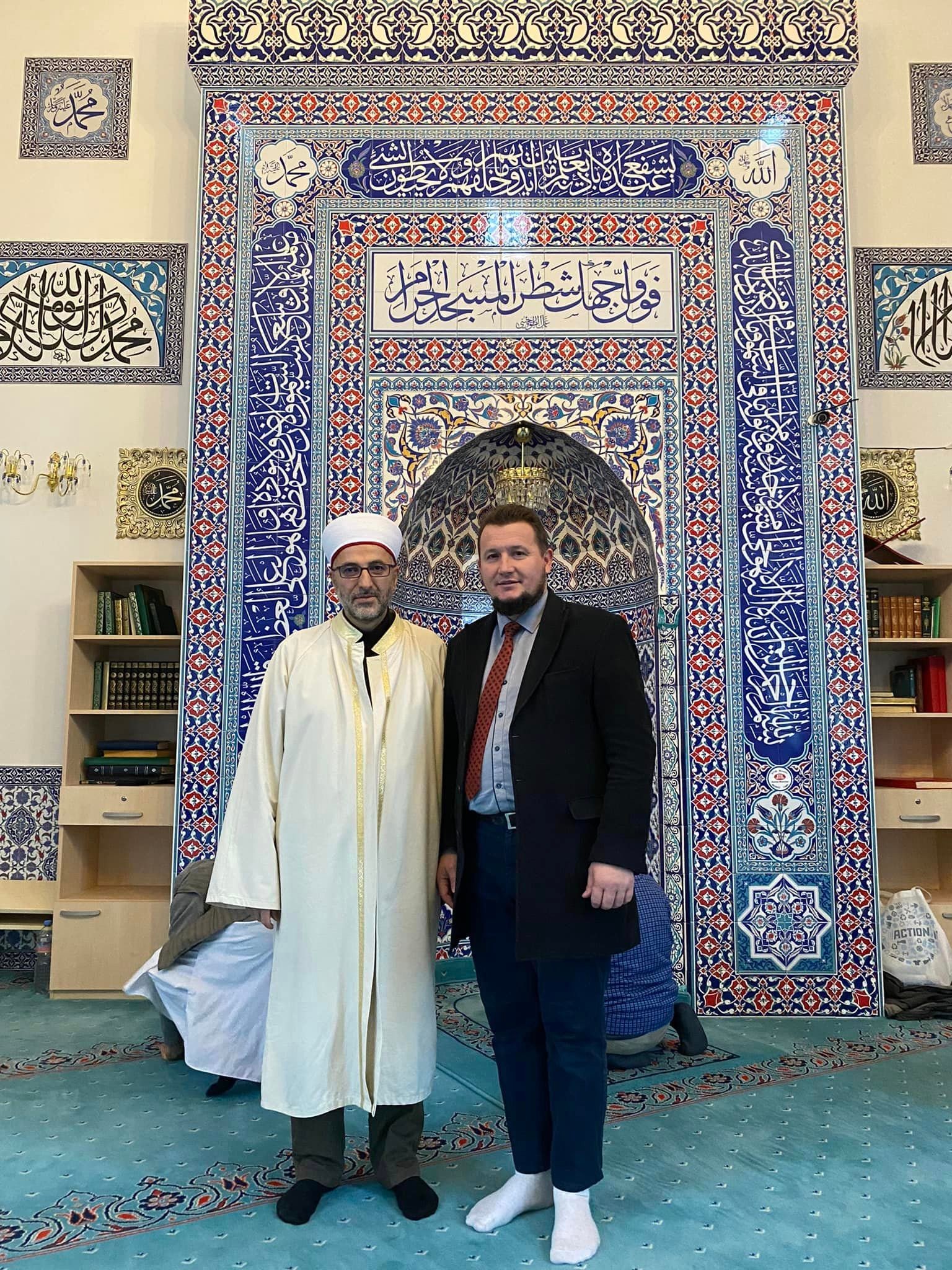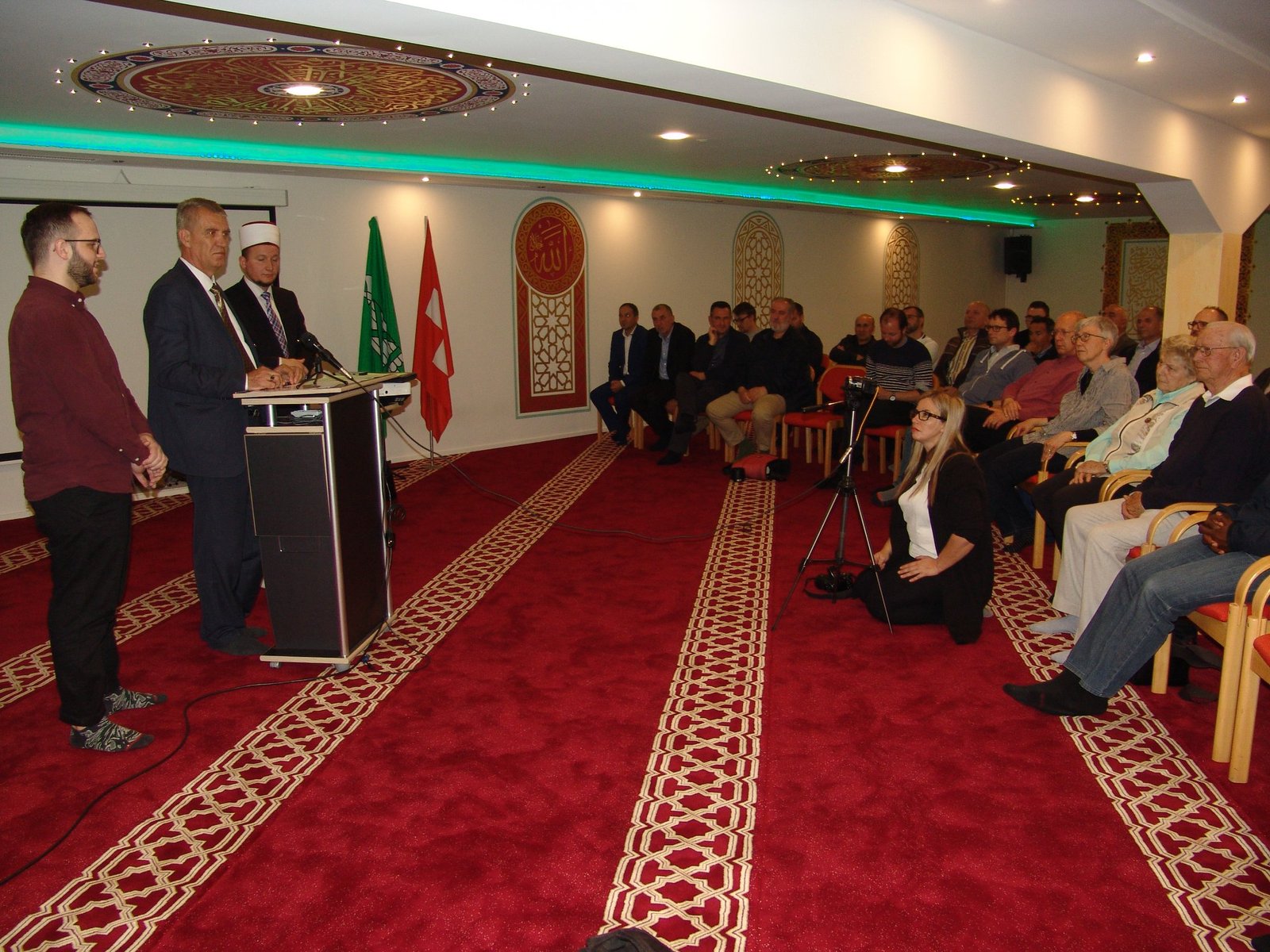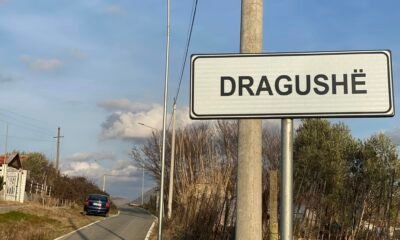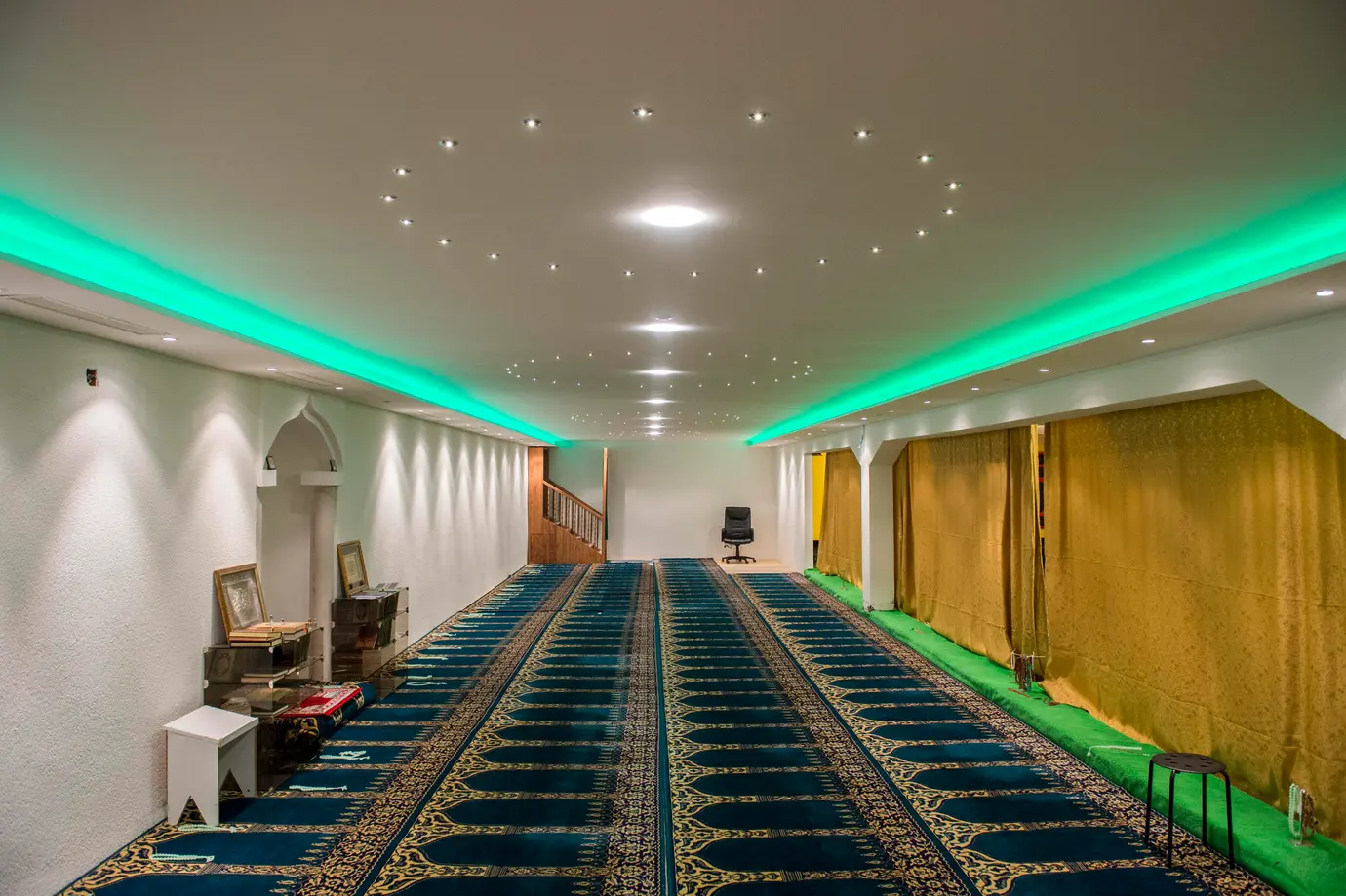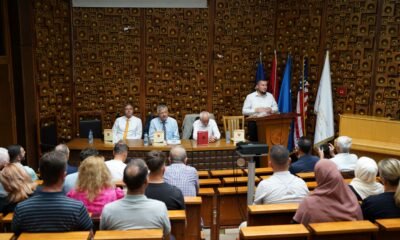English
Historiku i Dragushëve të Bërnices
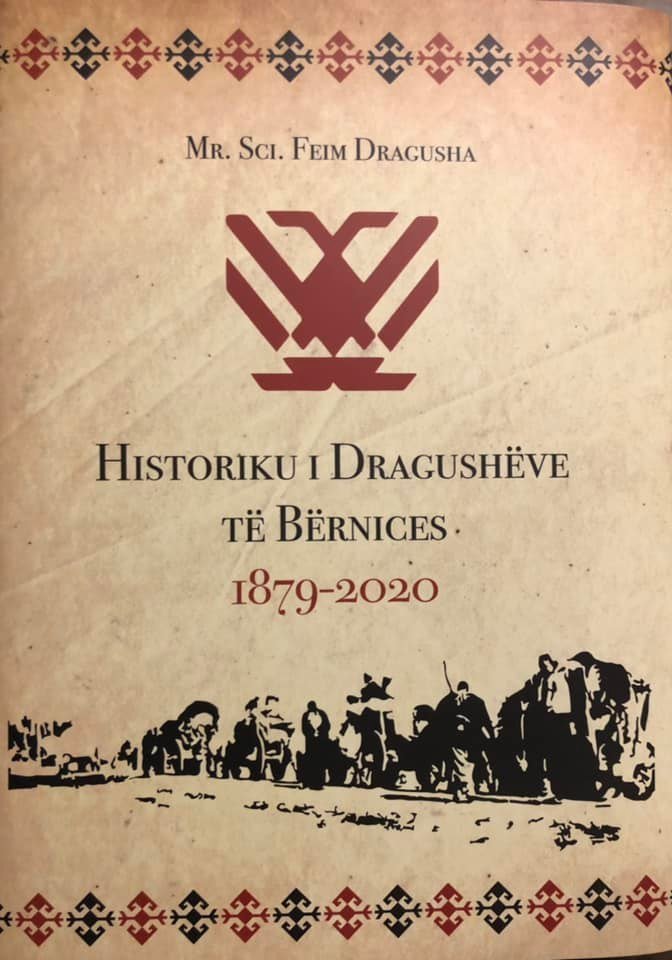
BOOK ENDORSEMENT

Every family and every nation has a story to tell. Most of them remain oral histories, and few are written like the one about the History of Dragusha Family from Upper Bernica. Ethnographic research is one of the most difficult undertakings within the social sciences, as it requires thorough knowledge to correctly understand the personal interpretations of the behavior of a particular group. The research methodology followed by the author, combined with numerous interviews, field visits and collection of archival materials, is a long but safe way to ensure the authenticity of the information provided by this book. Feim Dragusha offers the public not only a portrait of the Dragusha Family from Upper Bernica, but also a piece of history of the journey of a typical Albanian family – the one that starts with migration for survival to achieving the highest ranks in education, science and culture.
Jeton MEHMETI
Research Director at GAP Institute
Endorsmenti i librit:
Secila familje dhe secili komb ka një histori për ta rrëfyer. Shumica mbesin gojëdhëna, e të pakta janë ato që shkruhen sikur ky libër mbi historikun e dragushëve të Bërnicës. Studimet e natyrës etnografike janë ndër ndërmarrjet më të vështira brenda shkencave shoqërore, meqë kërkojnë njohuri të thella individuale për t’i kuptuar drejt interpretimet personale të sjelljeve të një grupi të caktuar. Metodologjia kërkimore që ka ndjekur autori, e kombinuar nga intervista të shumta, vizita në terren dhe interpretim të materialeve arkivore, është një rrugë e gjatë dhe e sigurt drejt autenticitetit të informatave që ofron ky libër. Feim Dragusha i ofron publikut jo vetëm një portret të familjes Dragusha nga Bërnica, por edhe copëz historie të rrugëtimit të një familjeje tipike shqiptare – nga shpërngulja për mbijetesë deri te majat më të larta në arsim, shkencë e kulturë.
Jeton Mehmeti
Drejtor Hulumtues në Institutin GAP
PARATHËNIE
Verba volant, scripta manent (Fjalën e merr era, shkrimi mbetet)
Historia e popullit shqiptar është e stërmbushur me ngjarje dhe ndodhi të ndryshme, e veçmas kur është fjala për shpërnguljet e tyre nga rrethi i Toplicës. Populli shqiptar konsiderohet ndër popujt më të përvuajtur të Ballkanit, e që si popull modest e mikpritës përgjatë shumë shekujve ka pasur fatin e keq që të zhvillojë luftë të dyfishtë: të mbrohet nga vetvetja, si dhe të mbrohet nga sulmet e okupatorëve. Prandaj edhe zëri dhe pakënaqësitë e tyre pothuajse nuk u respektuan asnjëherë nga fuqitë e mëdha. Historia është identitet i përpjekjes së qenieve individuale dhe kolektive për të jetuar me shpirtin e tyre të veçantë. Në historinë e popujve të Evropës është shumë e vështirë të gjendet ndonjë popull që ka qenë objekt i vazhdueshëm i shtypjes nacionale, siç ishte populli shqiptar, i cili me shekuj jeton në trojet e veta autoktone dhe i sulmuar vazhdimisht nga okupues të ndryshëm. Përveç dhunës, shtypjes, terrorit, masakrave, likuidimit fizik, ishte edhe spastrimi etnik i trojeve shqiptare dhe kolonizimi me elementin serb ai që shqiptarët i dërrmoi sidomos në shekullin XX. Ballkani njihet si një gjeografi problematike e Evropës, e cila çdoherë ka prodhuar ngjarje negative dhe tragjike. Në fakt, traumat ballkanike, gjenocidet dhe tradhtitë më së tepërmi i kanë përjetuar shqiptarët. Këtë më së miri e vërteton dhuna dhe terrori i madh që u ushtrua mbi popullatën e pafajshme shqiptare veçmas përgjatë dhjetë dekadave të fundit, deri në luftën e vitit 1998-1999, e cila dëshmoi çiltërsinë e shqiptarëve dhe kërkesën e tyre për liri dhe pavarësi të atdheut-Kosovës. Mirëpo, ç’është e vërteta, përveç vuajtjeve populli shqiptar u rrah, u vra dhe u masakrua nga soldateska serbe si dhe u përball edhe me gjenocid, për çfarë sot shumë lider dhe zyrtarë serbë mundohen që ta mohojnë. Fatkeqësisht për gjithë këtë terror dhe gjenocid deri më tash nuk kemi asnjë të dënuar.






English
Seri Begawan University College of Religious Education
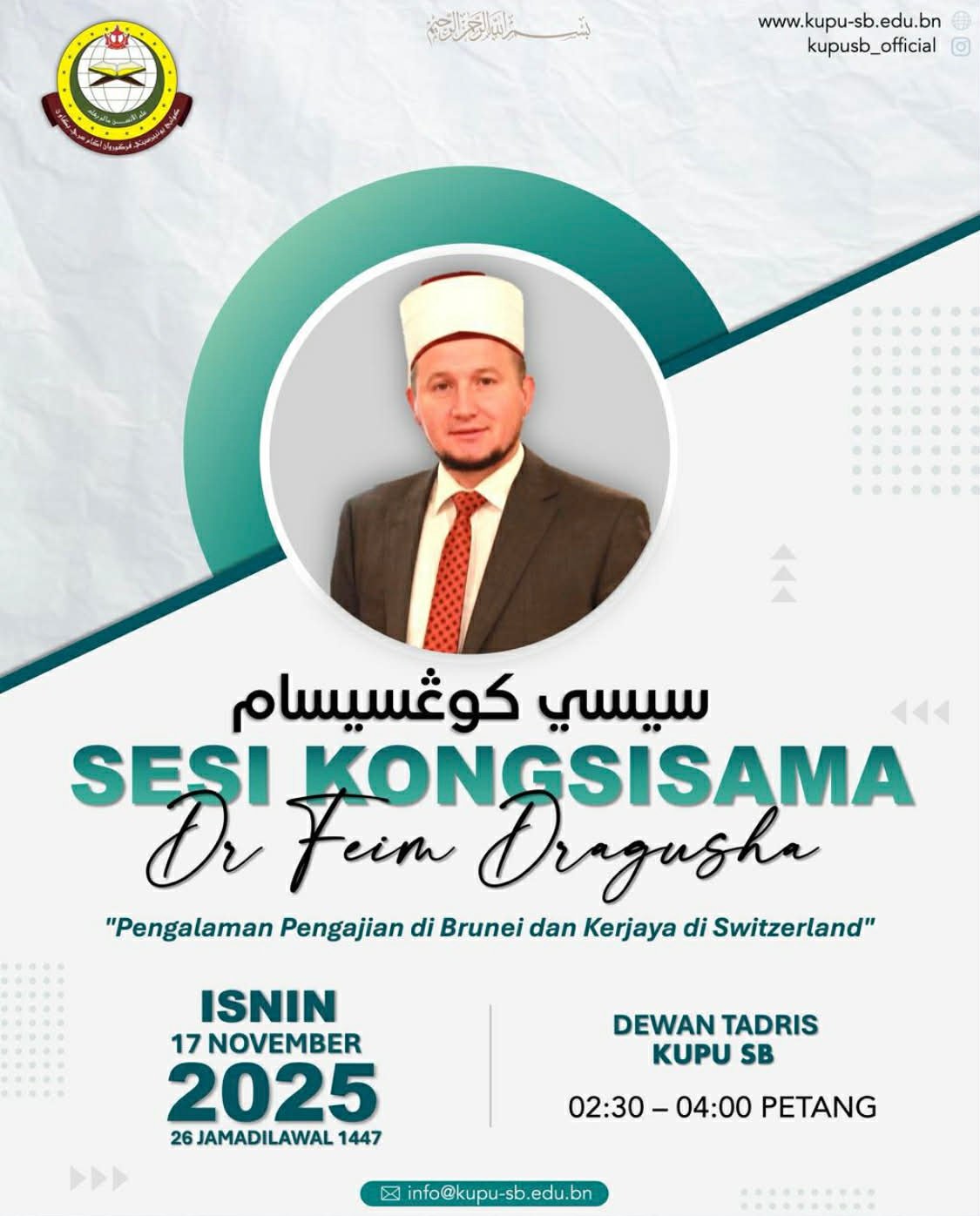
17th of November 2025, I will be giving a talk at “Seri Begawan University College of Religious Education” My focus will be on “Study Experience in Brunei

Darussalam and my Career in Switzerland

“
English
Scholar presents Brunei’s contributions to Kosovo » Borneo Bulletin Online
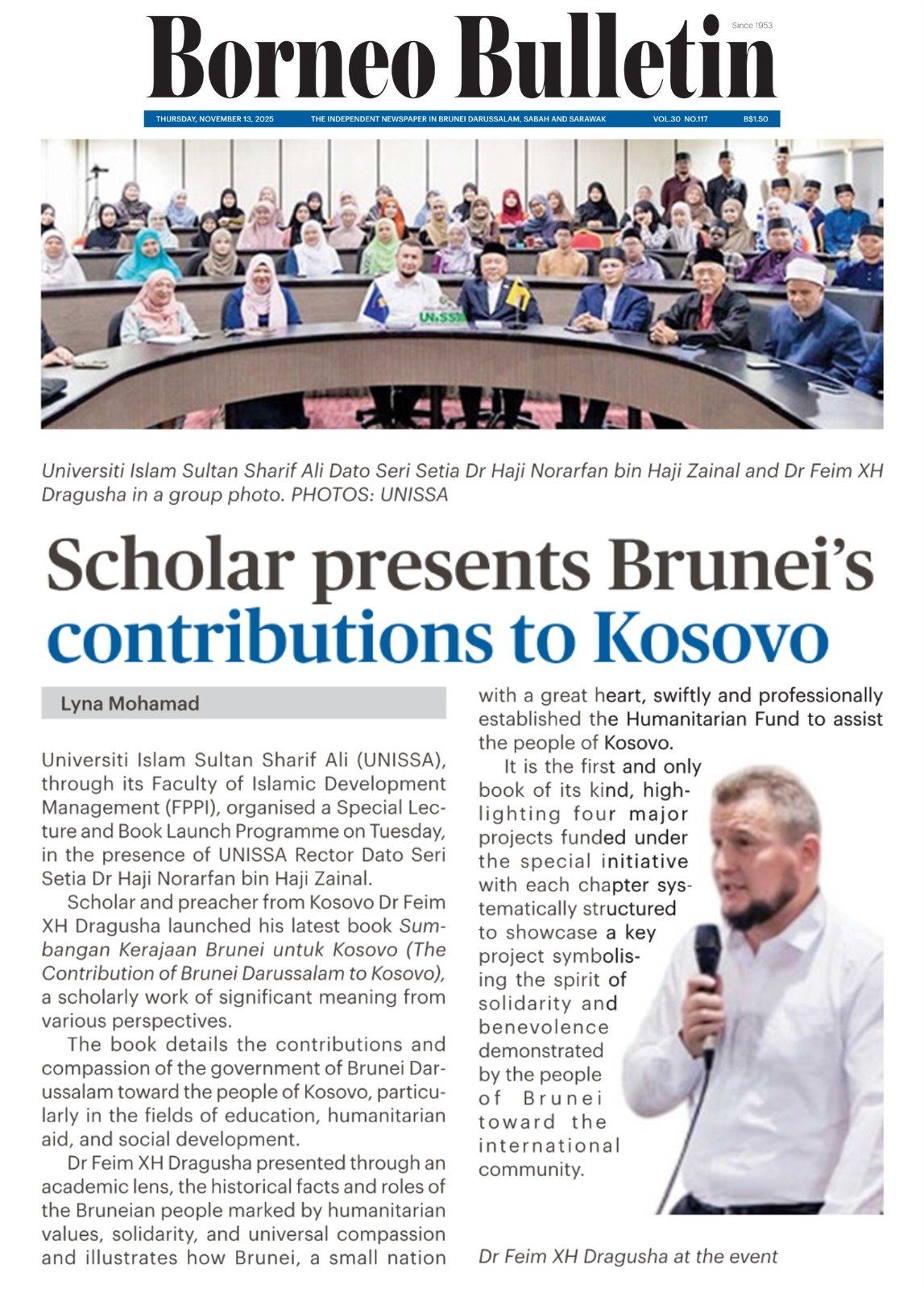
Today, Thursday, November 13, 2025
The Independent Newspaper in Brunei Darussalam, Sabah and Sarawak “Borneo Bulletin” wrote an article titled “Scholar presents Brunei’s contribution to Kosovo”
Universiti Islam Sultan Sharif Ali (UNISSA), through its Faculty of Islamic Development Management (FPPI), organised a Special Lecture and Book Launch Programme on Tuesday, in the presence of UNISSA Rector Dato Seri Setia Dr Haji Norarfan bin Haji Zainal.
Scholar and preacher from Kosovo Dr Feim XH Dragusha launched his latest book Sumbangan Kerajaan Brunei untuk Kosovo (The Contribution of Brunei Darussalam to Kosovo), a scholarly work of significant meaning from various perspectives.
The book details the contributions and compassion of the government of Brunei Darussalam toward the people of Kosovo, particularly in the fields of education, humanitarian aid, and social development.
Dr Feim XH Dragusha presented through an academic lens, the historical facts and roles of the Bruneian people marked by humanitarian values, solidarity, and universal compassion and illustrates how Brunei, a small nation with a great heart, swiftly and professionally established the Humanitarian Fund to assist the people of Kosovo.
It is the first and only book of its kind, highlighting four major projects funded under the special initiative with each chapter systematically structured to showcase a key project symbolizing the spirit of solidarity and benevolence demonstrated by the people of Brunei toward the international community. – Lyna Mohamad
Source:
https://borneobulletin.com.bn/scholar-presents-bruneis-contributions-to-kosovo
English
Book launching at UNISSA
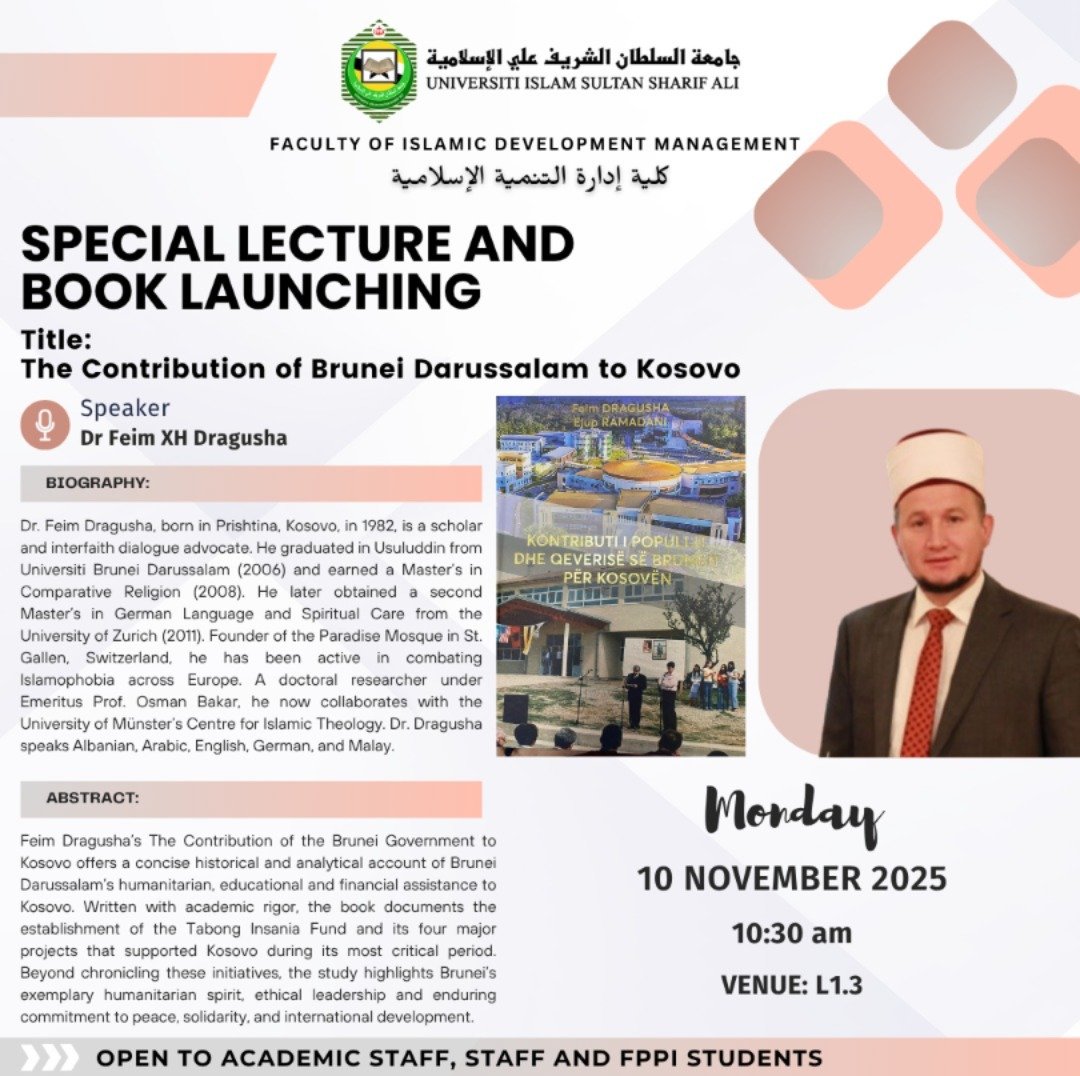
SPECIAL LECTURE BY DR. FEIM DRAGUSHA AND BOOK LAUNCHING AT SULTAN SHARIF ALI ISLAMIC UNIVERSITY – BRUNEI ![]() DARUSSALAM
DARUSSALAM
10.11.2025
Faculty of Islamic Development Management
Respected Dato Seria Setia Dr Haji Norarfan bin Haji Zainal – Rector of UNISSA
Distinguished Professors, students, guests, ladies and gentlemen
Assalamu Alaikum – May peace and blessing be upon you all.
It is my great pleasure to welcome you all to this meaningful occasion – the launch of a book „The Contribution of Brunei Darussalam to Kosovo“ that celebrates the spirit of friendship, compassion, and shared humanity between Brunei Darussalam and the Republic of Kosovo ![]() .
.
This book is not just a record of events; it is a testimony to the noble values of generosity and solidarity that transcend geography, language, and culture.
It tells the story of how Brunei’s kindness, through study scholarships and humanitarian assistance, has touched lives and built bridges of understanding across continents.
As an author of this book, and someone who himself was a recipient of His Majesty’s Government scholarship – I would like to stress that this work stands as both a personal reflection and a collective narrative of all the events discussed therein.
Alongside ten fellow scholars from Kosovo, I stand here as a spokesperson for a generation that has benefited immensely from Brunei’s investment in education and human development.
Today, these graduates serve as educators, religious functionaries and community leaders in Kosovo, Switzerland, Norway, Australia, Finland, and beyond – embodying the long – lasting impact of Brunei’s vision of empowering others through knowledge and faith.
The book is divided into 7 chapters, provides and in-depth look at various forms of aid extended by Brunei to Kosovo.
From academic opportunities that transformed individual lives, to humanitarian efforts that provided hope in difficult time, each chapter captures a unique dimension of this enduring partnership, such as the restauration of the old mosque in Deçan, the building of a new school in Likoc, because schools are generally centers of learning but they are recognized to play an important role in nurturing and guiding the future players of a nation.
The recent state visit of Her Excellency Vjosa Osmani – Sadriu, President of the Republic of Kosovo to Brunei Darussalam serves as a powerful affirmation of this friendship. Her visit symbolized a deep appreciation for Brunei’s support and a shared commitment to strengthening diplomatic, cultural, and academic ties.
During her visit in this country, Her Excellency expressed admiration for Brunei’s values of compassion and leadership rooted in faith, qualities that have resonated profoundly with the people of Kosovo.
The visit also opened new avenues for cooperation in education, economy, and culture – further solidifying a relationship built on mutual trust and respect.
Beyond its documentation of the past, my book carries a message for the future. It invites us to sustain and expand these connections – academically, diplomatically, and brotherly – so that new generations in both nations can continue to learn from and support one another. It is a call to action for scholars, diplomats, and citizens alike to transform goodwill into enduring collaboration.
In conclusion, this publication is more than a historical record – it is a living symbol of friendship. May it inspire further initiatives between Brunei Darussalam and Kosovo, and may the shared journey of compassion and cooperation continue to illuminate the path for others to follow.
In the end, I would like to thank the Rector of UNISSA, Dato Seria Setia Dr Haji Norarfan bin Haji Zainal for organizing this great event, to launch my book and for taking the initiative to publish it in Brunei Darussalam as well.
![]() Feim Dragusha
Feim Dragusha
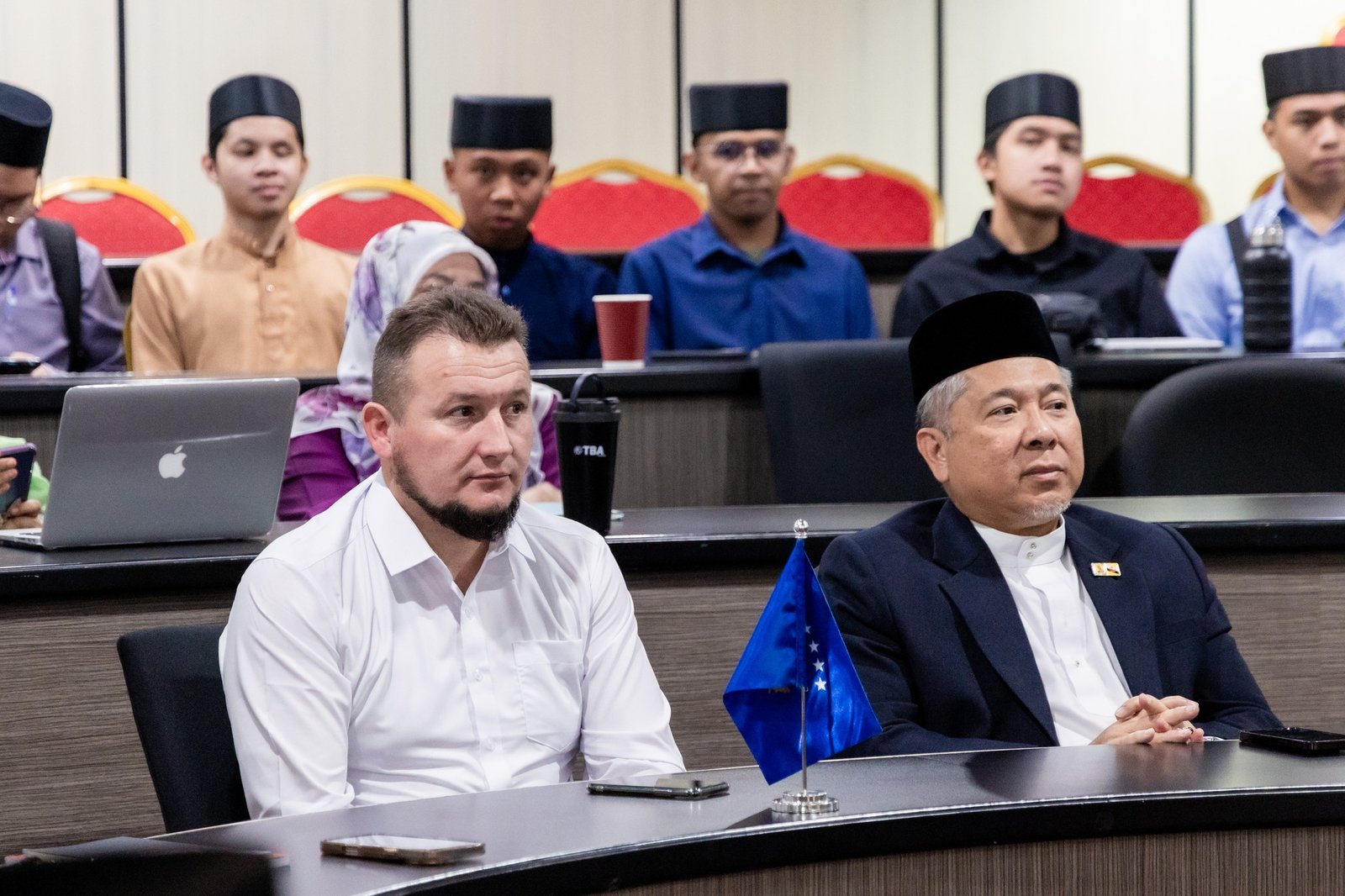
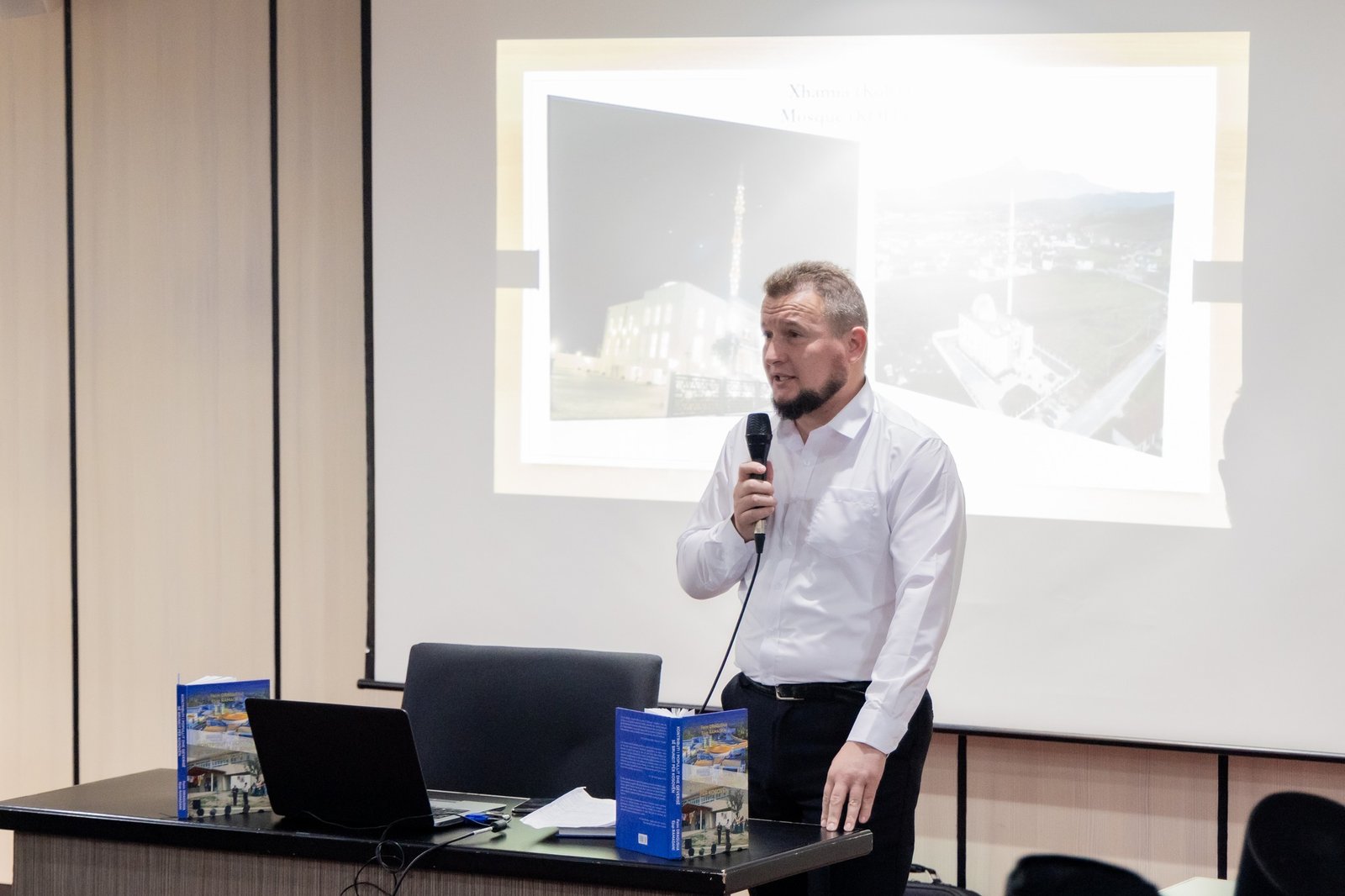
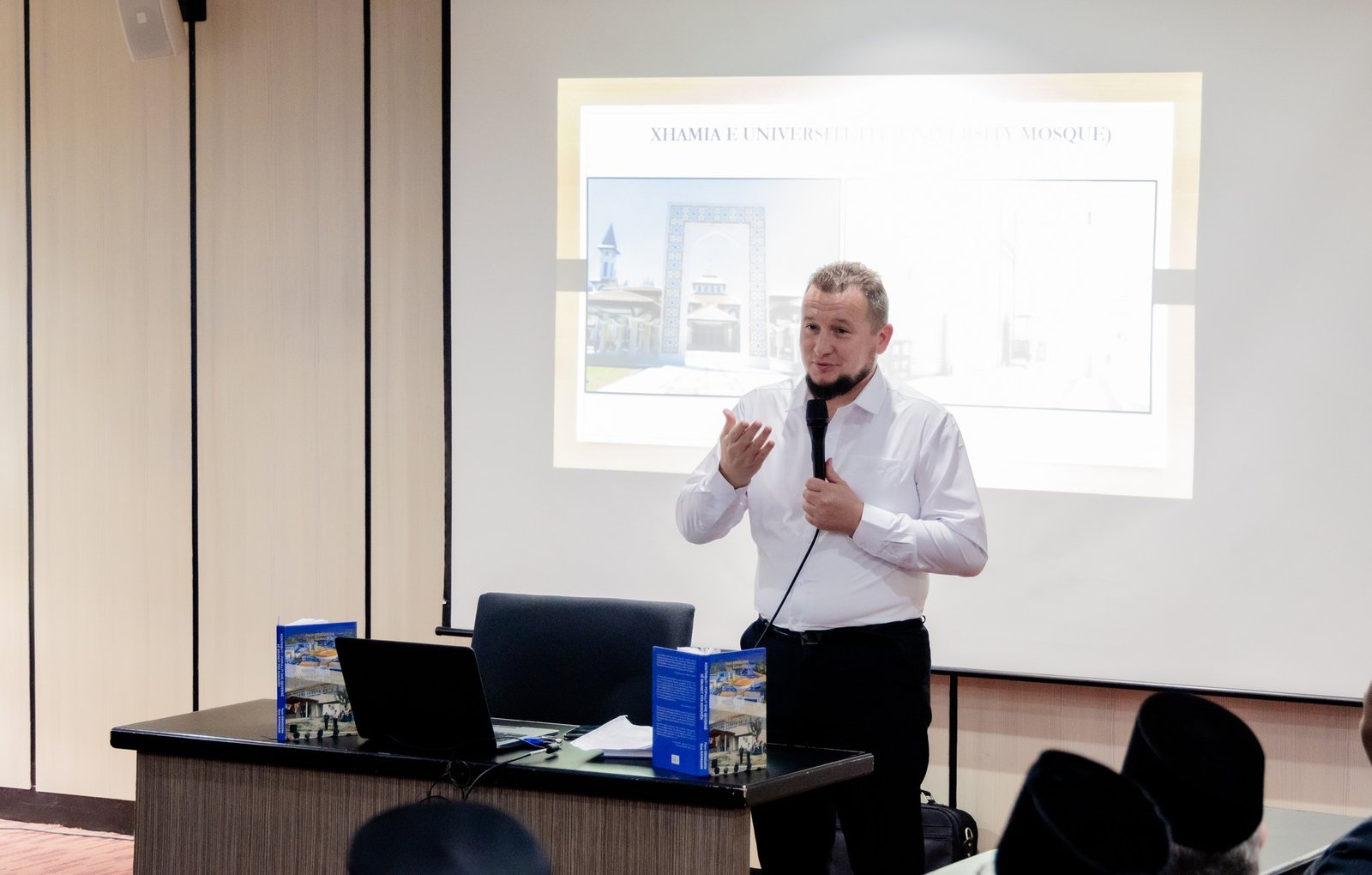
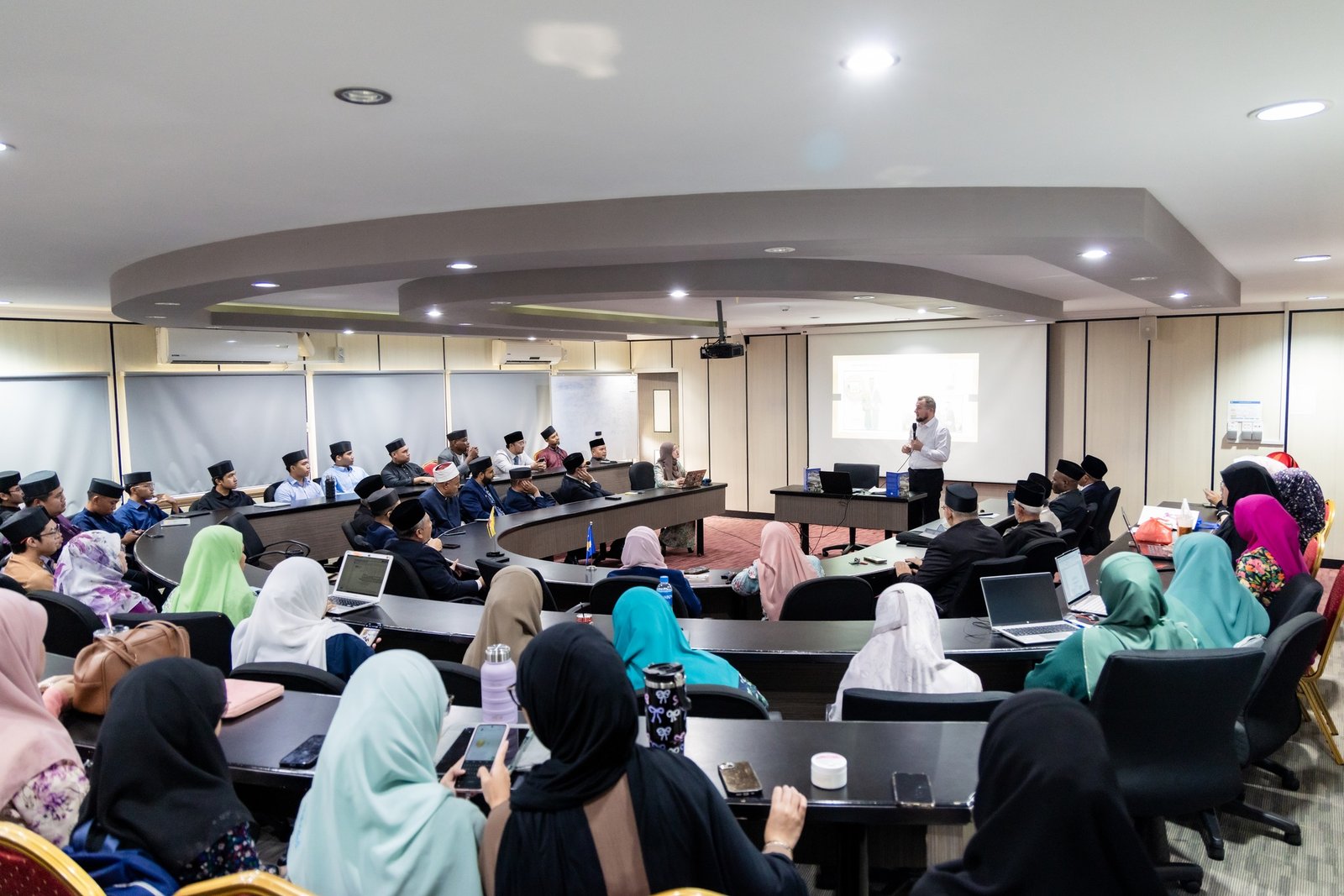
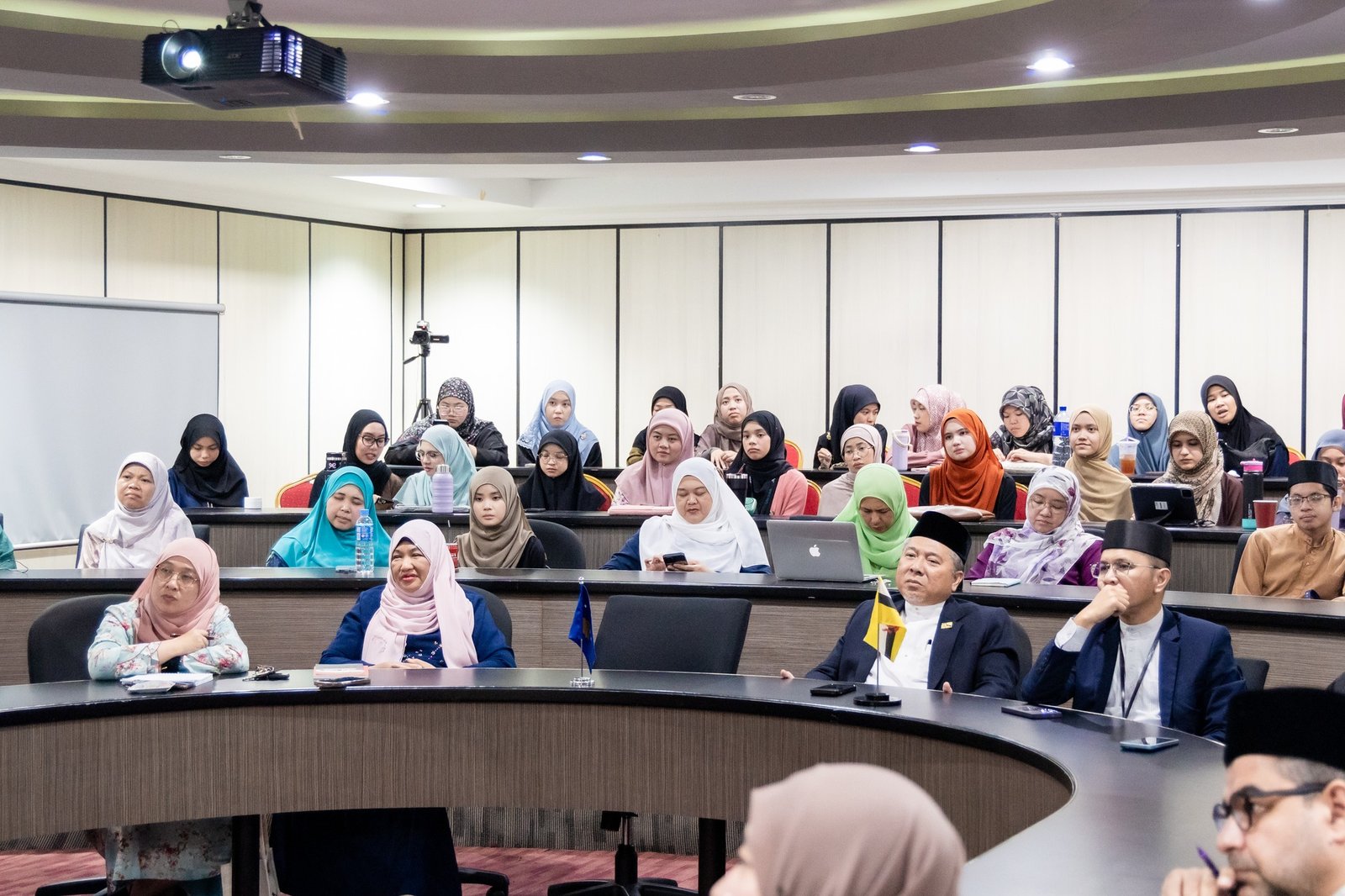
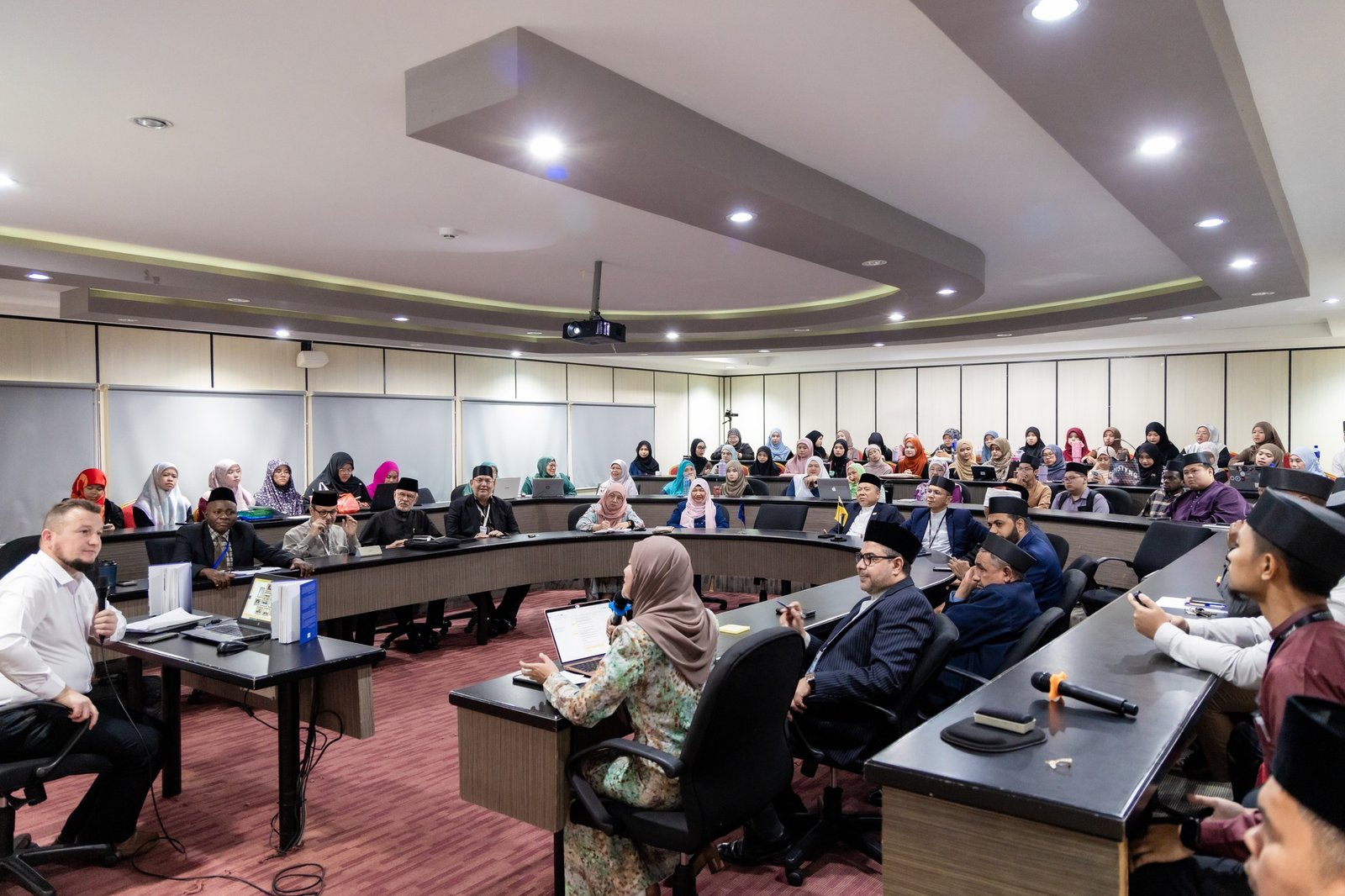
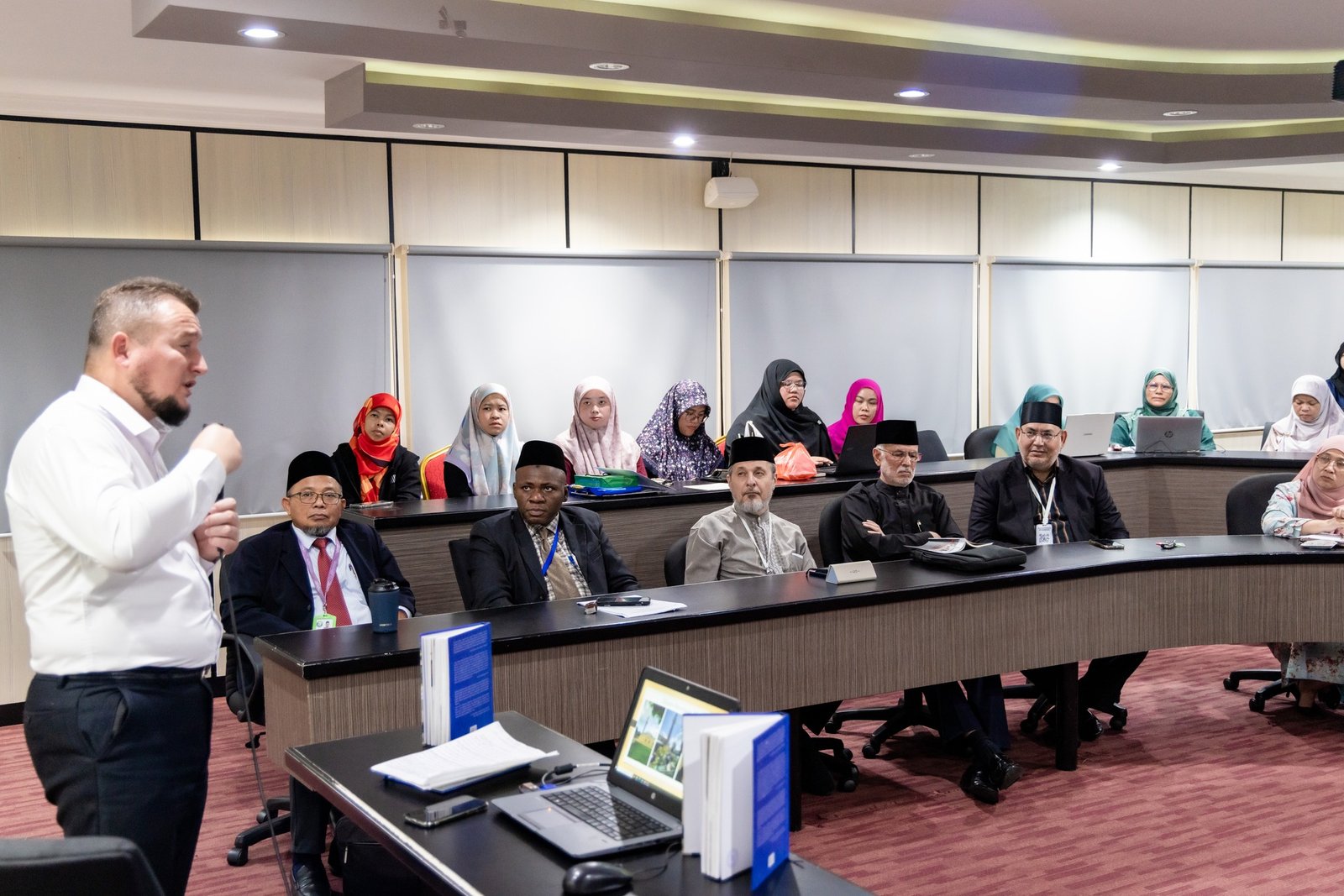
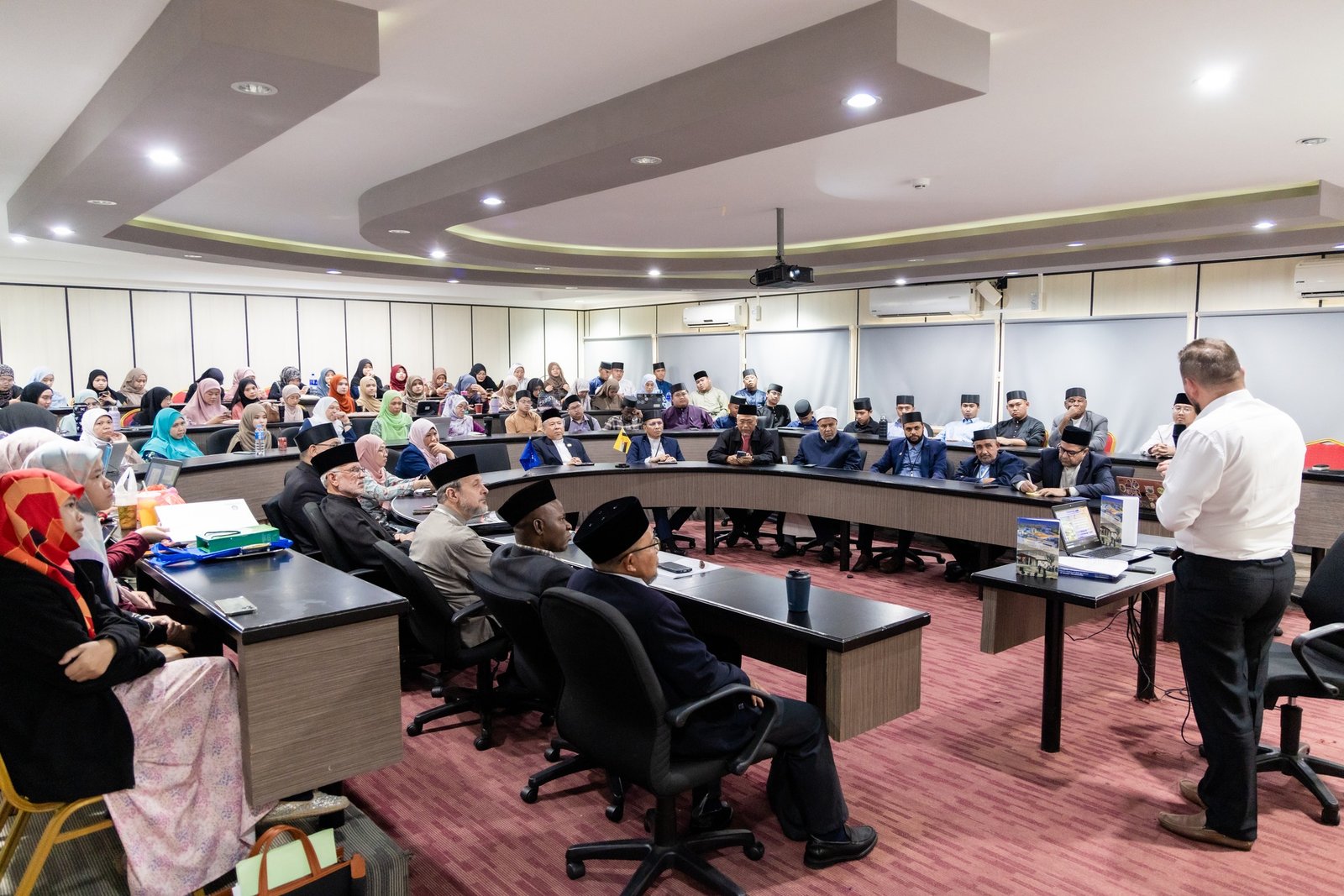
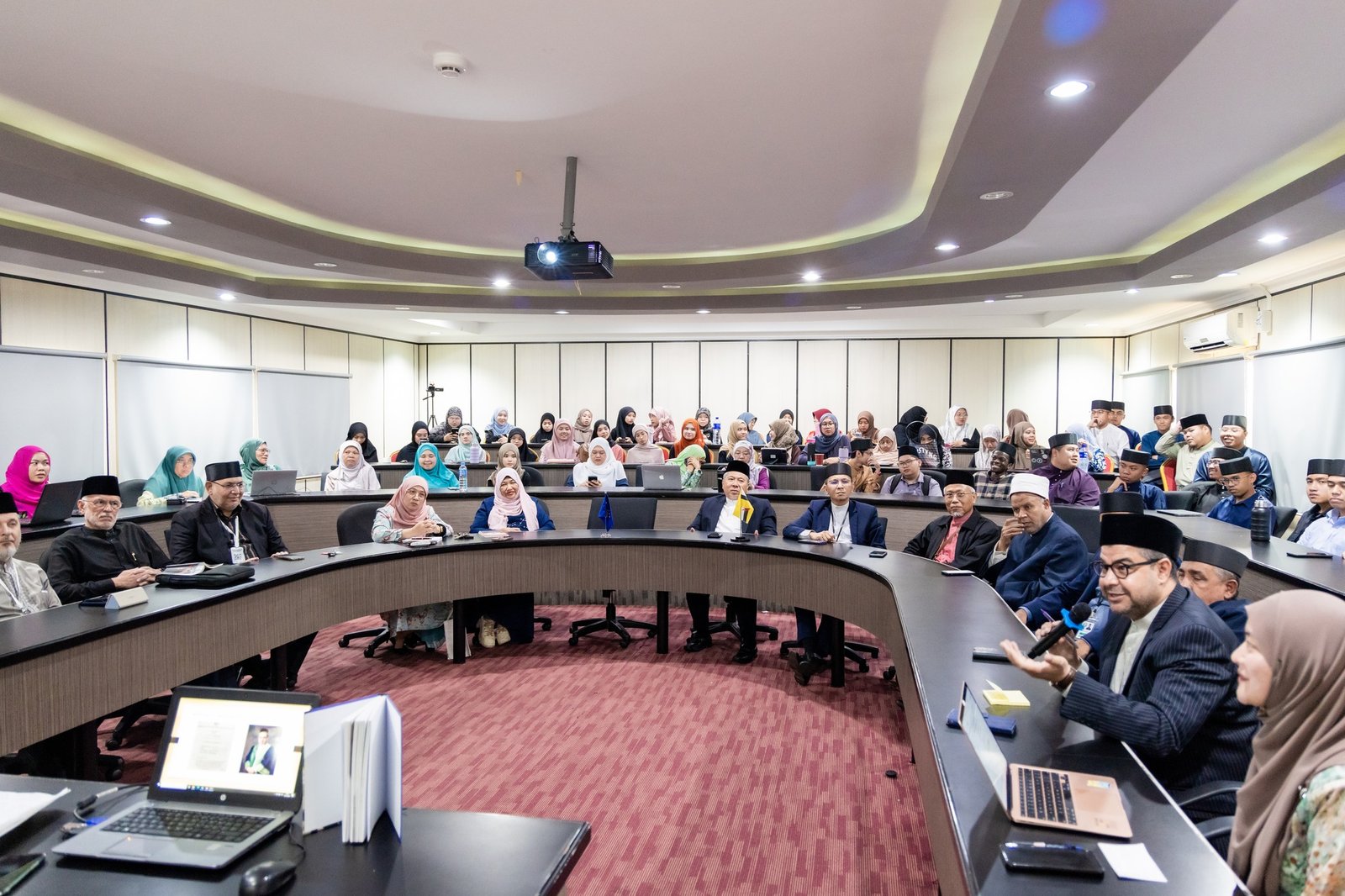
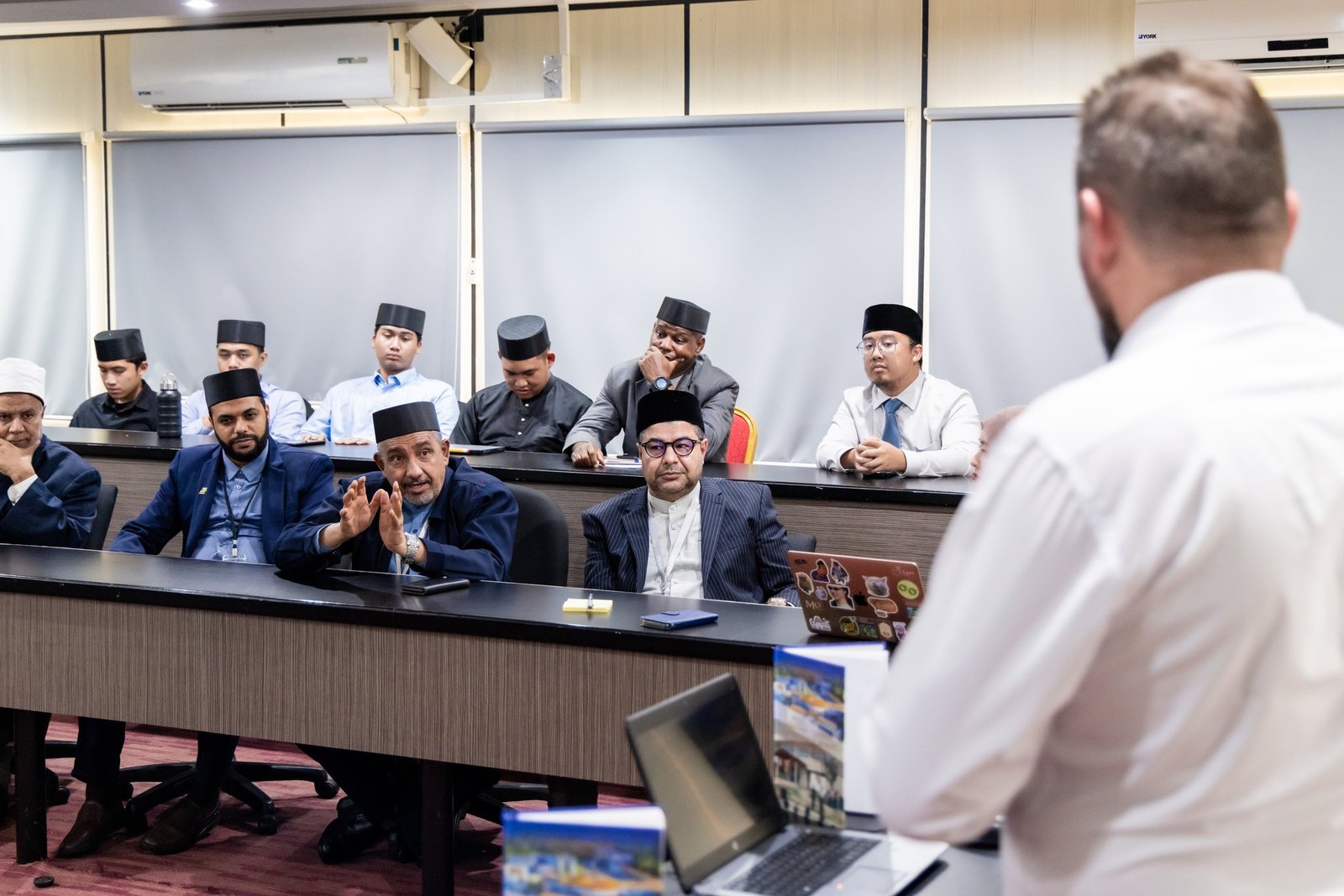
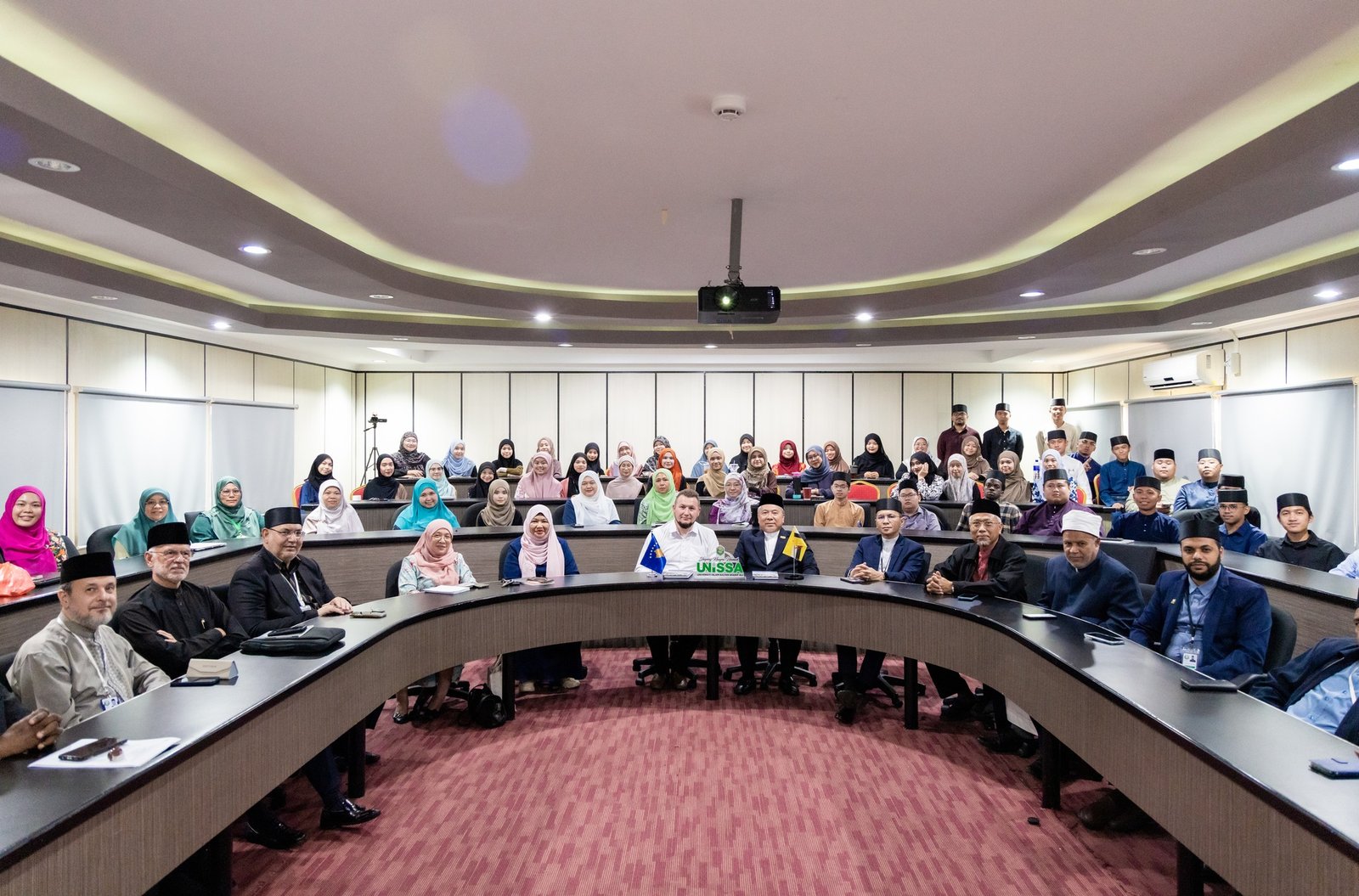
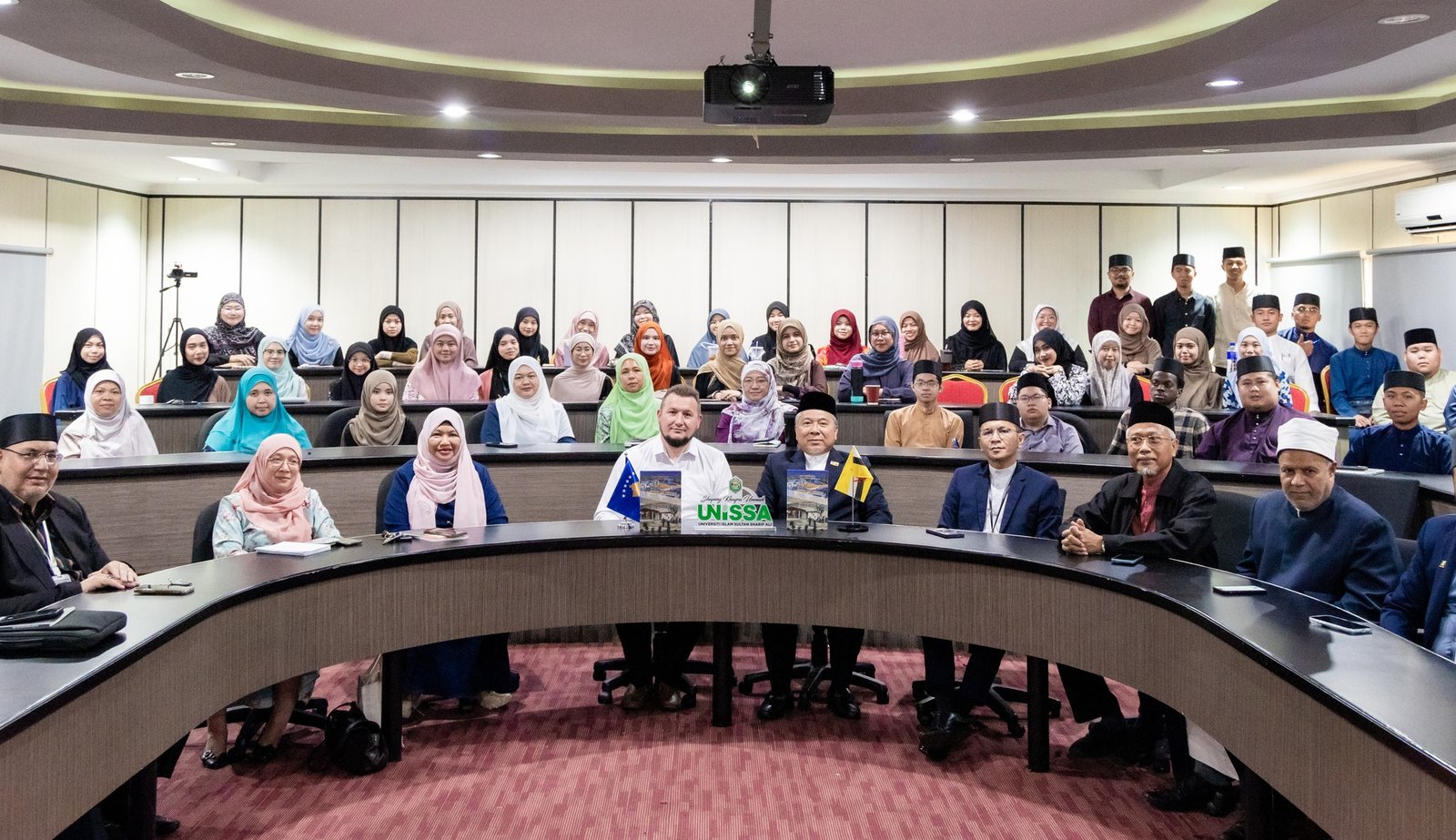
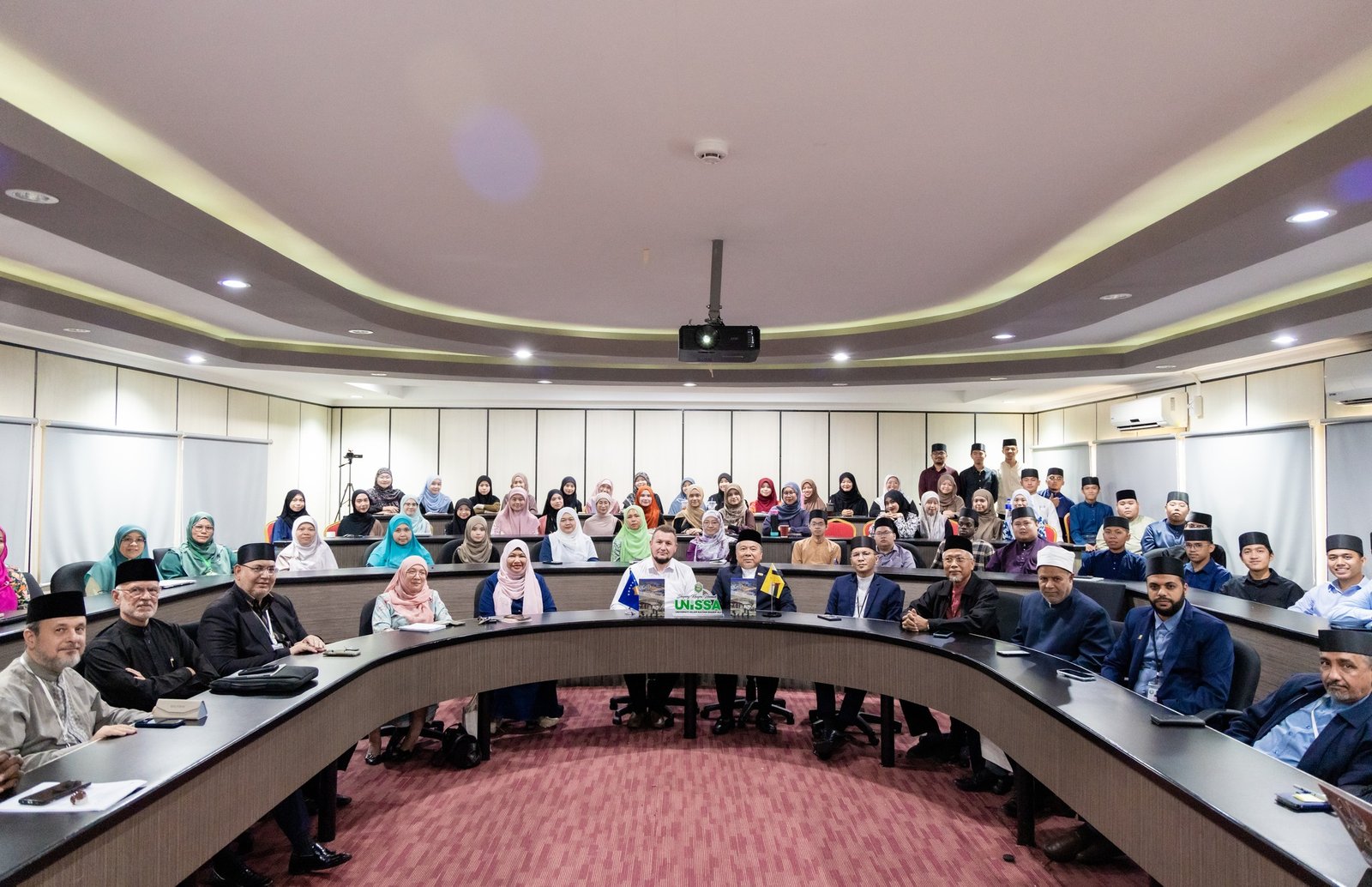
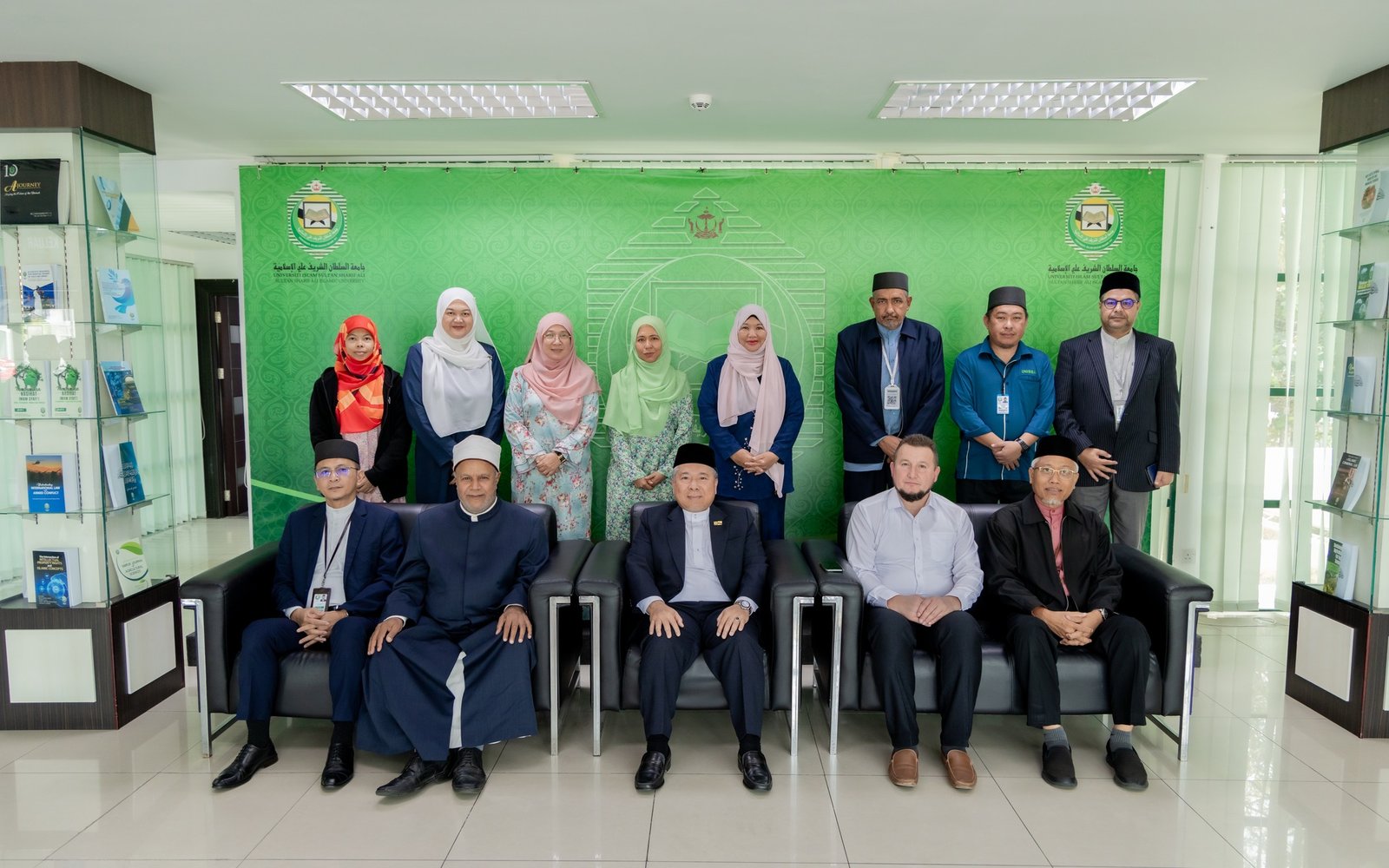
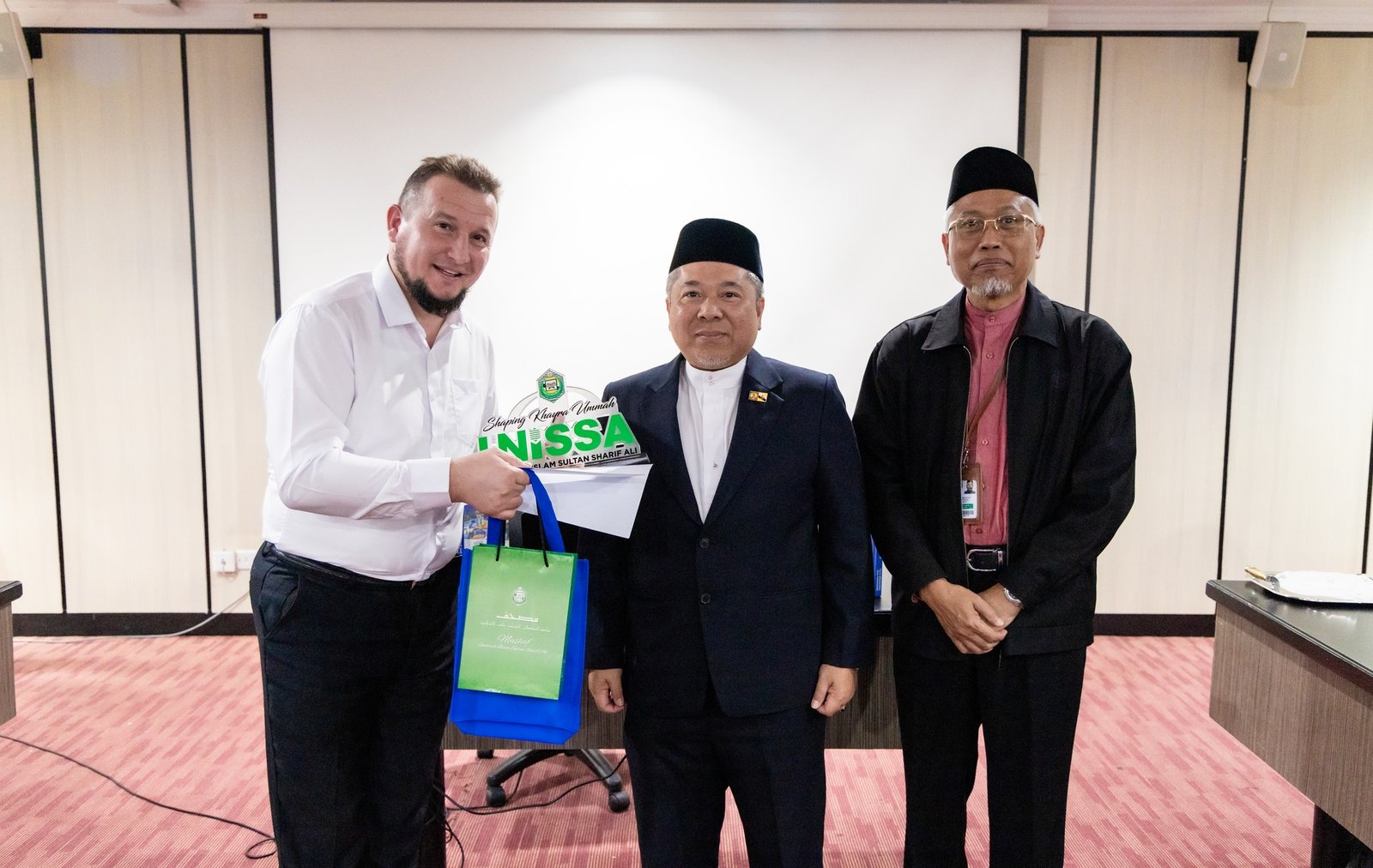
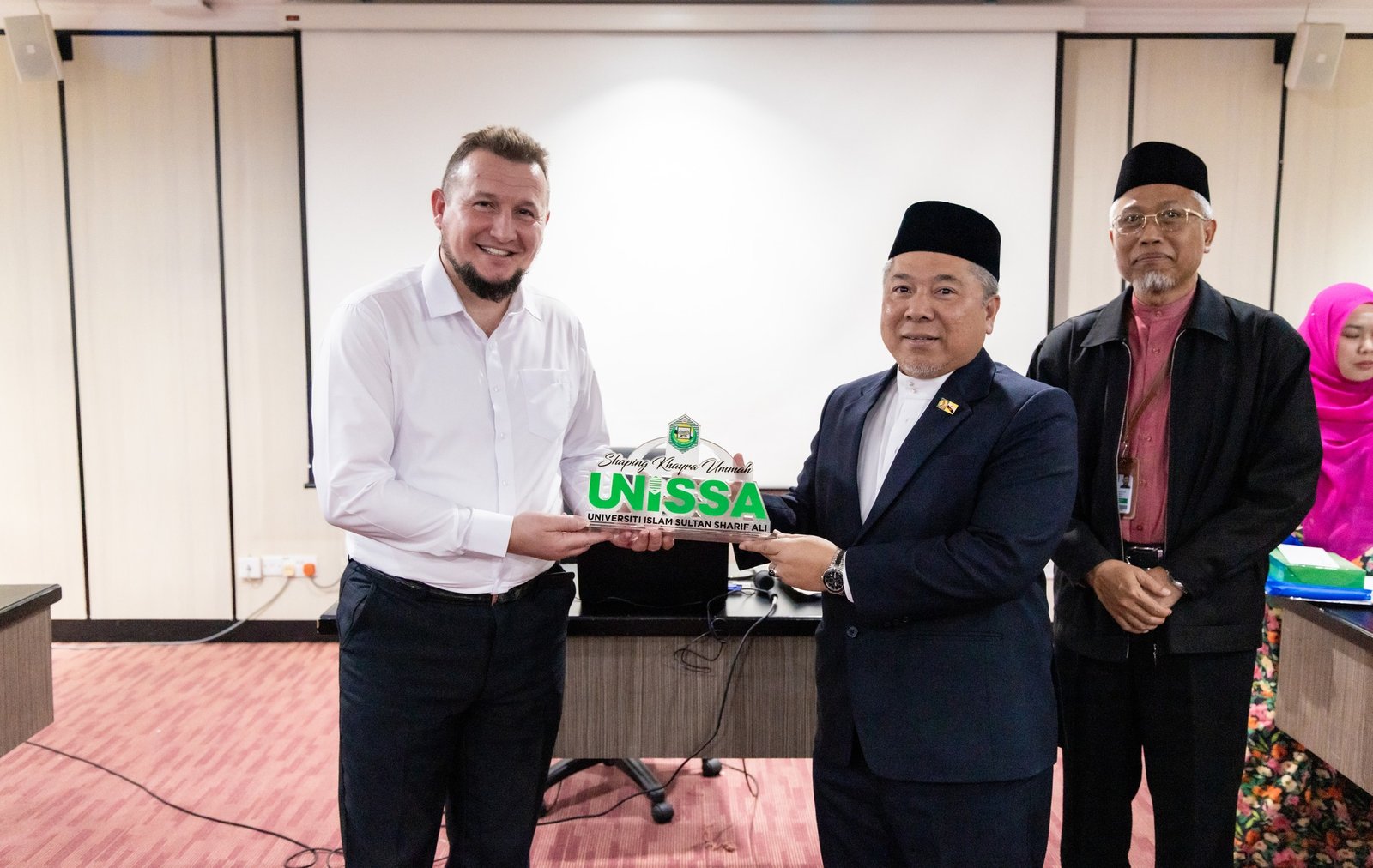
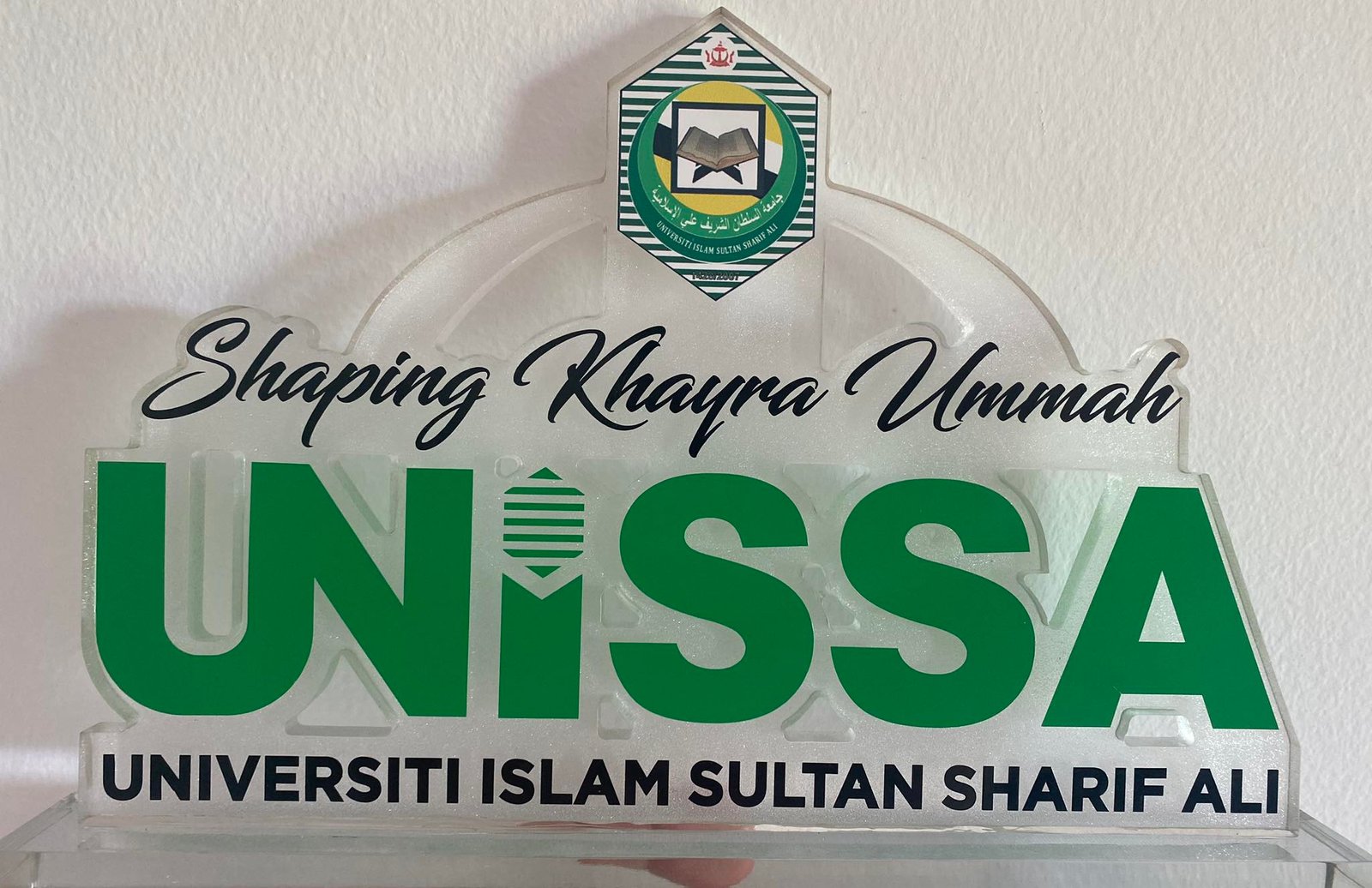
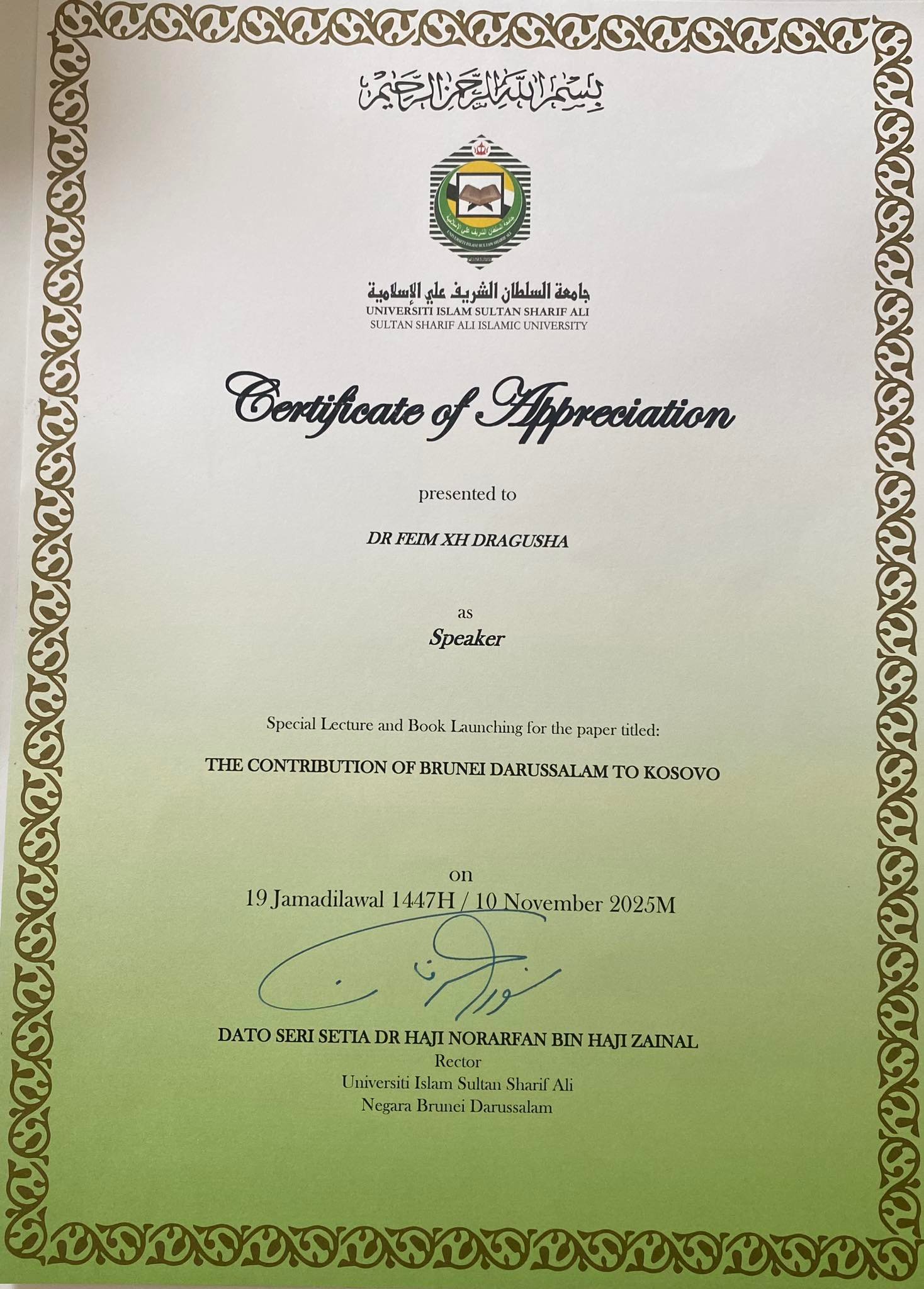
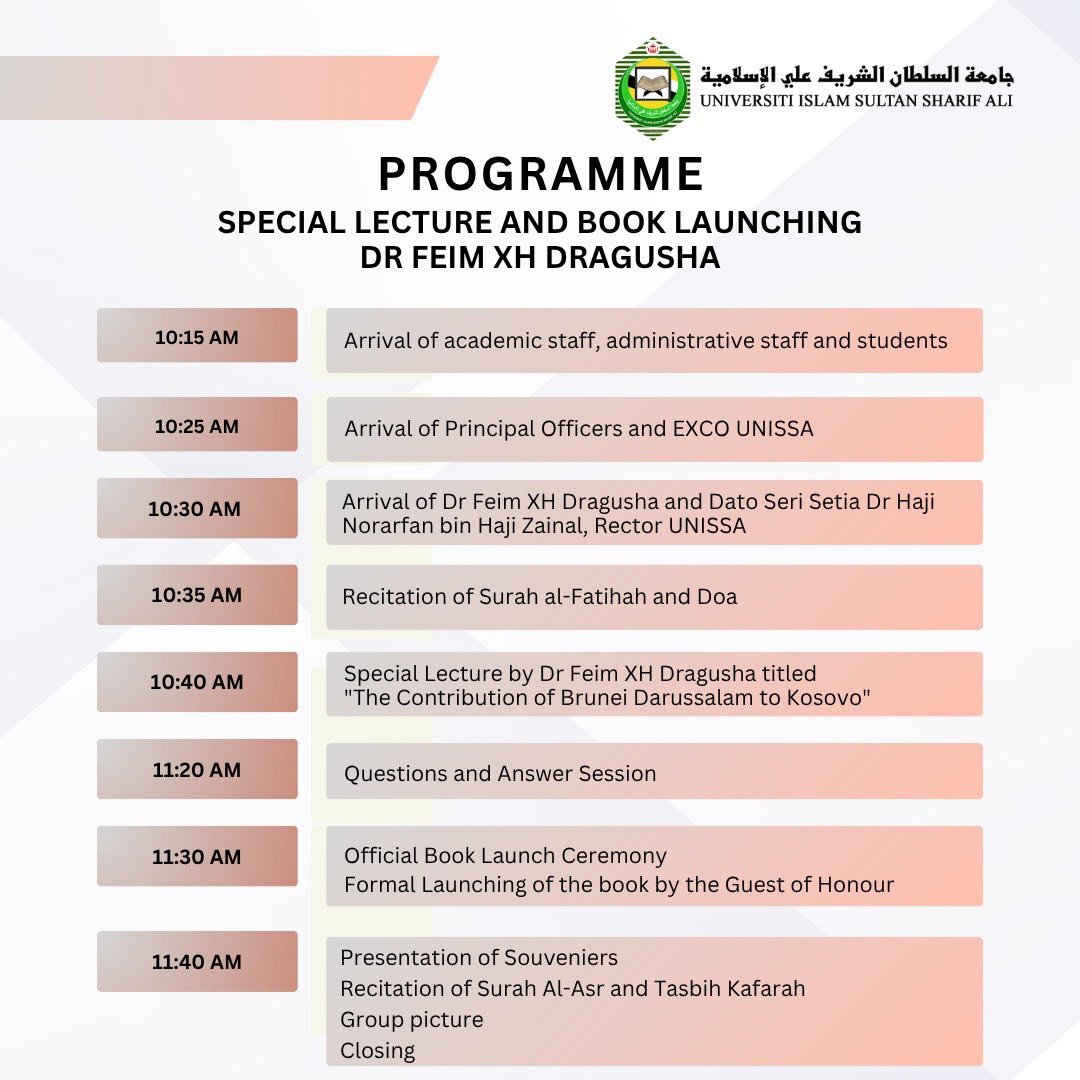


 Shqip3 years ago
Shqip3 years agoVizitë në Xhaminë “Khuder- El-Khodr” Moschee مسجد الخضر

 Deutsch3 years ago
Deutsch3 years agoPRÄSENTATION ÜBER DIE MOSCHEE UND DEN ISLAM FÜR DIE STUDIERENDEN DER PÄDAGOGISCHEN HOCHSCHULE ST.GALLEN- 25.11.2016

 English3 months ago
English3 months agoBook launching at UNISSA

 English3 years ago
English3 years agoPERFORMING MY FRIDAY PRAYERS AT THE TURKISH MOSQUE IN THE CITY OF MÜNSTER-GERMANY

 Deutsch3 years ago
Deutsch3 years agoDER VORTRAG DES IMAMS ZUM ABENDLICHEN FASTENBRECHEN -17. Mai 2019

 Shqip2 years ago
Shqip2 years agoFSHATI DRAGUSHË NË LEZHË TË SHQIPËRISË

 Deutsch3 years ago
Deutsch3 years agoSTATT GEKEGELT WIRD GEBETET ST.GALLEN 26.11.2013

 Shqip3 years ago
Shqip3 years agoPromovimi i librit “Historiku i Dragushëve të Bërnices 1879-2020”

